√100以上 yellow wood sorrel weed 338741-Yellow wood sorrel weed
Description of Woodsorrel, Yellow (Oxalis stricta) Yellow woodsorrel is a small and lowlying plant that grows between 6 and 18 inches in height The flowers are a butteryellow color and very small with 5 petals The leaves are divided into 3 distinct nodes, giving it that cloverlike lookYelloweye Wood Sorrel (Oxalis obtusa) Format Image Posted on by Weeds of Melbourne Yelloweye Wood Sorrel (Oxalis obtusa), another of Melbourne's strikingly coloured infestations from South Africa's Western Cape province and NamaqualandSpray the oxalis with a homemade nontoxic weed killer Fill a small spray bottle with white vinegar and add one or two squirts of dish soap Gently shake, then spray the mixture directly on the base of the oxalis clusters Is yellow wood sorrel edible?

Creeping Woodsorrel Oxalis Corniculata Plants Candide Gardening
Yellow wood sorrel weed
Yellow wood sorrel weed-Yellow wood sorrel is an herbaceous annual or perennial with taproots when young, developing rhizomes with age Flowers in unevenly branched panicles on long stems, with 5 yellow, rounded petals Blooms May–October Leaves alternate, trifoliate (like clover), the leaflets heartshaped, light to dark green or copper to purple, often recurved, sometimes with grayish hairsMisidentification of weeds can lead to using the wrong herbicide products, which can be a waste of time and money Here are some defining characteristics of what oxalis looks like so you can easily identify it Oxalis, also known as wood sorrel, looks very similar to another weed called clover, with the signature threeparted rounded leaves




Weed Of The Week Yellow Wood Sorrel
Yellow woodsorrel is native to North America and can be found throughout Mississippi It can be problematic in lawns, gardens, and flowerbeds Pendimenthalin is a residual herbicide effective for yellow woodsorrel control Dicamba or 2,4D provide postemergence control of large plants All parts of yellow woodsorrel are edible, but the plantWill Celsius WG Herbicide work on my St Augustine lawn that has Oxalis (Yellow Woodsorrel)?What herbicide(s) can be used to eliminate weeds in a southernWill HiYield Weed and Grass Stopper with Dimension Herbicide help with yellow sorrel?;
Weeds of Melbourne posted on Instagram "Yelloweye Wood Sorrel (Oxalis obtusa), another of Melbourne's strikingly coloured infestations" • See all of @weedsofmelbourne's photos and videos on their profileCommon yellow wood sorrel grows in a variety of habitats from open forest to fields and gardens It can be a difficult garden weed It is reported from all the contiguous United States except Oregon, California, Nevada, and Utah, but likely occurs in those states as wellIts stems lack the long hair, and after flowering, the stalks of its seedpods bend at the nodes and become more or less zig
Hand weeding is the most effective method for woodsorrel, and its threepart, heartshaped leaves and yellow flowers make it an easy plant for the youngest gardeners to identify—and sample—as they help you pull!Yellow woodsorrel, also referred to as oxalis, sourgrass, and other names, is a weed of home lawns, parks, golf courses, and athletic fields Figure 1How to Kill Oxalis Naturally Oxalis is a flowering plant with over 800 varieties, both ornamental and weeds It grows in clumps yearround, with clovershaped leaves, bearing yellow or pink flowers



Ontario Weeds Common Yellow Wood Sorrel
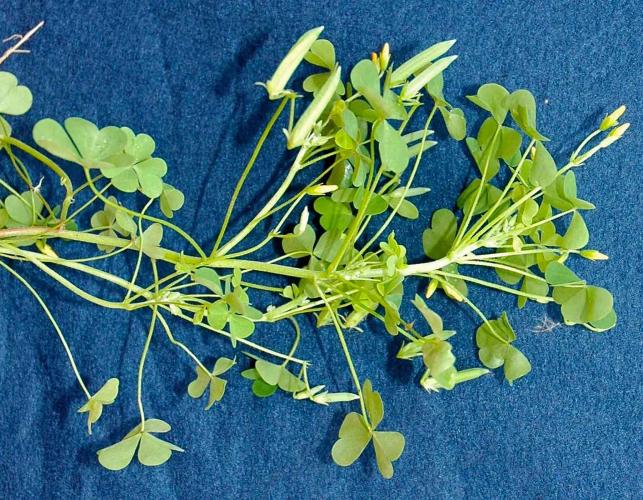



Yellow Wood Sorrel Missouri Department Of Conservation
Common yellow woodsorrel Common yellow woodsorrel, Oxalis stricta, is a native North American plant (also found in Eurasia) which is usually considered a weedIt has numerous common names, including common yellow oxalis, sour grass, shamrock, sleepingYellow Wood Sorrel (Oxalis stricta) Description This herbaceous perennial plant is typically 38" tall, although sometimes it becomes up to 1' tall This plant often branches abundantly, particularly toward its base The stems are light green and terete;Wood sorrel, or oxalis, is a mediumsized wild edible weed that thrives in most areas across Canada and the US The flowers of this plant can be used to obtain yellow, orange, and red to brown dyes Oxalis, another common name for this plant, literally means "sour" and is named as such due to its oxalic acid content
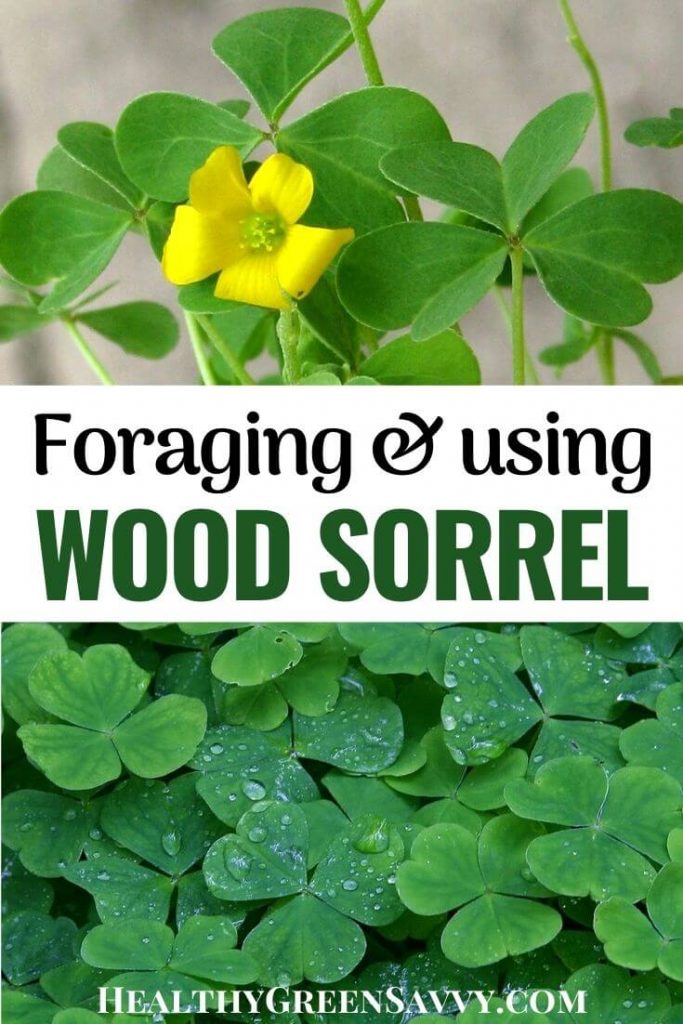



Wood Sorrel Sour Grass An Edible Medicinal Wild Plant
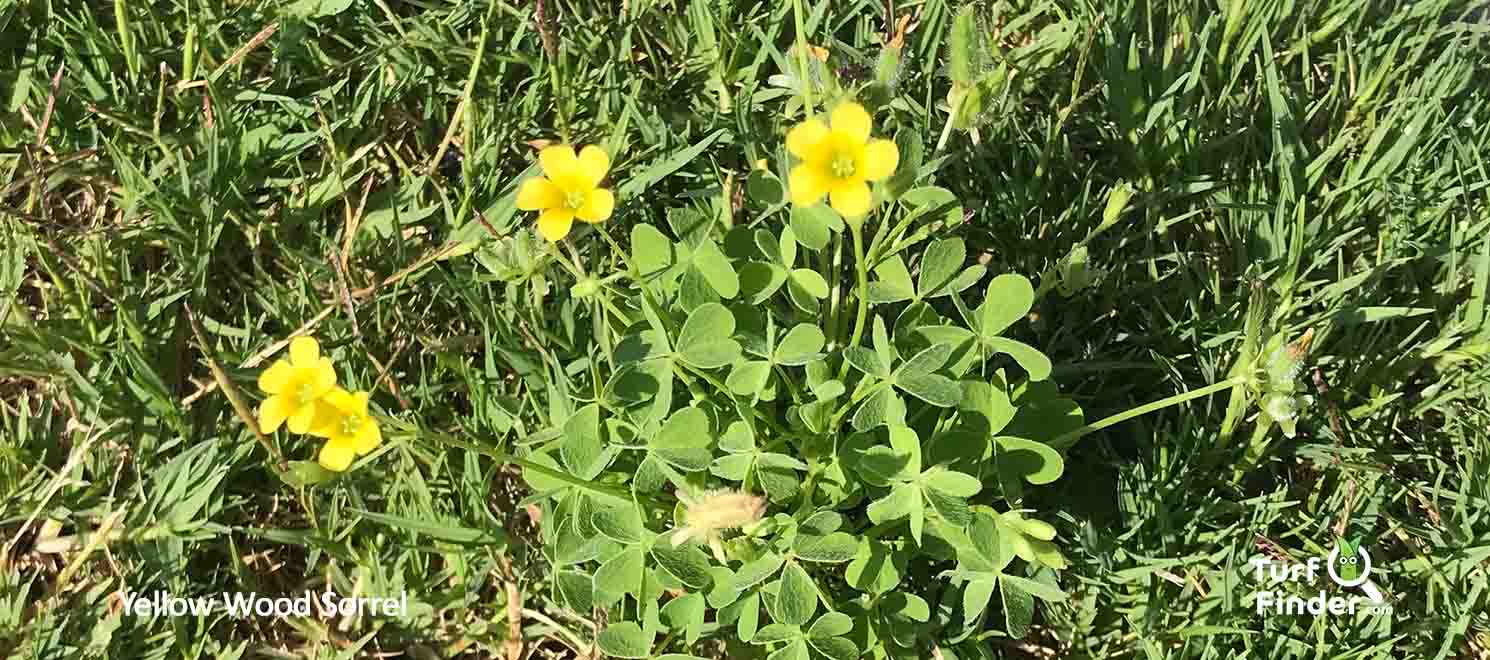



Turf Finder Yellow Wood Sorrel Oxalis Corniculata Turf Finder
Oxalis or yellow woodsorrel (Oxalis stricta) is a common coolseason perennial weed that persists almost yeararound in Southeastern lawns It grows sporadically in landscape beds among shrubs and flowers, in vegetable gardens, and is known to pop up occasionally in container plantingsCreeping Wood Sorrel, Oxalis corniculata L Southern Yellow Wood Sorrel, Oxalis florida Salisb SP37 Gainesville, FL University of Florida Institute of Food and Agricultural Sciences Halvorson, W L and P Guertin 03 "Factsheet for Oxalis stricta L" USGS Weeds in the West project Status of Introduced Plants in Southern Arizona ParksYellow Wood Sorrel (Oxalis stricta) is a common lawn weed A summer annual that looks like clover, has yellow flowers, and spreads by seed Lawn weed identification and control
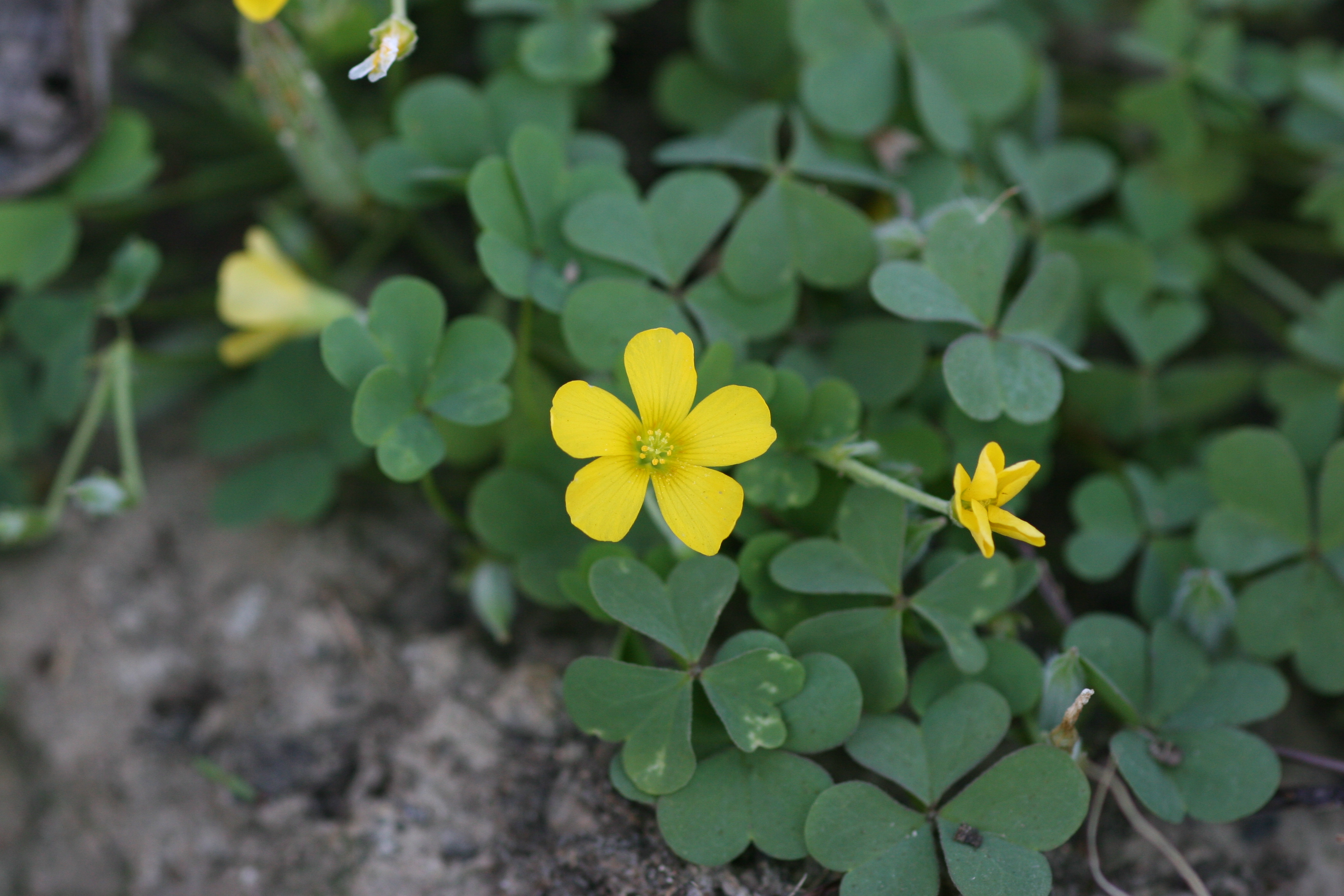



Yellow Woodsorrel Oxalis Stricta Plant Pest Diagnostics
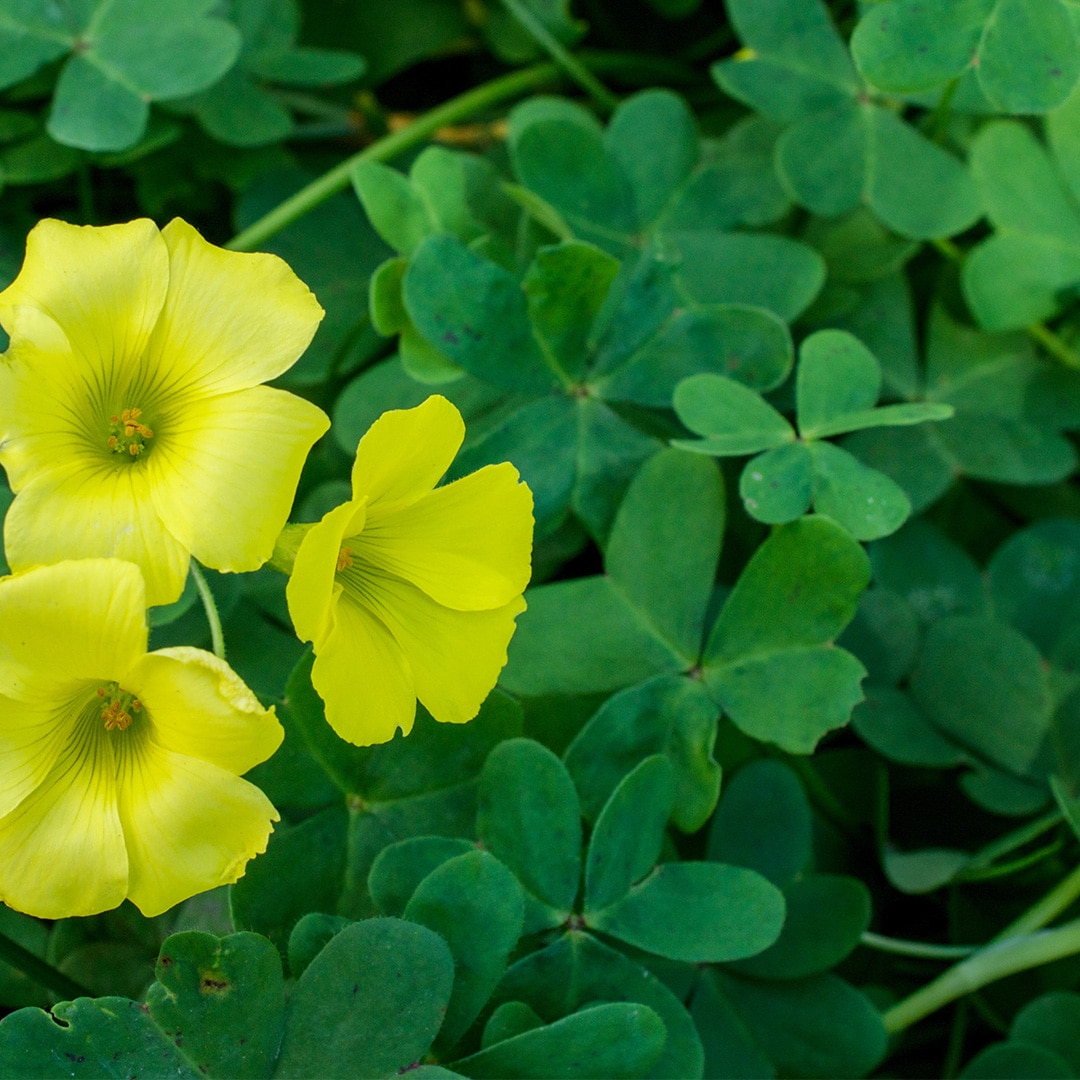



Pros And Cons Of Oxalis Cardinal Lawns
Oxalis is often called yellow wood sorrel or sour grass because of the tart taste of the leaves Oxalis stricta has bright yellow flowers and green leavesOne of the most despised broadleaf weeds in lawns is Oxalis corniculata (or Creeping Woodsorrel) This perennial weed creeps across lawns and forms roots and stems where it contacts the soil It grows in sun or shade, moisture or dryness, poor soil or healthy soilAnother great find in my yard Yellow Wood Sorrell (Oxalis stricta) Also known as Yellow Wood Sorrell or Creeping Yellow Sorrell, or Sour Grass Yellow Wood Sorrell, photo by Kathy McCabe This is another weed that is edible and good for you Yellow wood sorrel has a slightly sourlemony taste that promotes saliva production which can be good for the gums and good for your




How To Identify Control Oxalis Oxalis Weed Killer Roundup
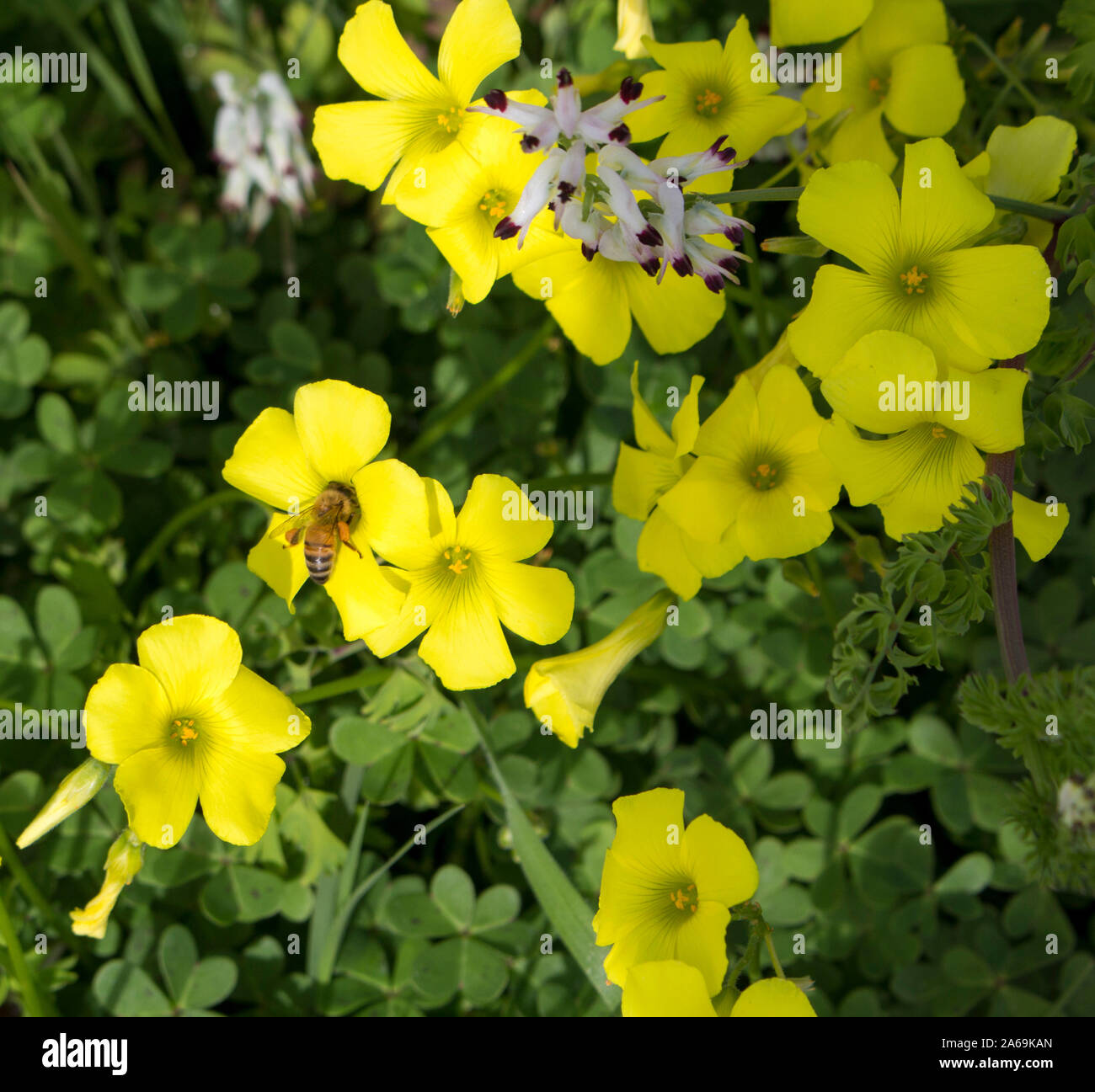



Oxalis Weed Oxalidaceae Or Wood Sorrel Soursob Growing In Street Verge And Flowering In Winter With Bright Yellow Single Flowers Attracts Honey Bees Stock Photo Alamy
Yellow wood sorrel or creeping sorrel is a part of the vast wood sorrel family This weed is among the largest group of weeds, broadleaf perennials, and can range from 1035cm high Yellow wood sorrel's root system is shallow but fibrous along the length of the pink rhizomes, or a continuously growing horizontal underground stem that puts outWood sorrel is a troublesome weed that is difficult to control, especially in mild climates were it blooms yearround The weed spreads through seedsSorrel is from the High German word "sur" meaning sour Oxalis is from the Greek though the accent is on the end oxalIS, base word (Οξύς, pungent) The Oxalis is mildly tangy because of oxalic acid now there's a surprise Articulata (ahticyouLAHta) is jointed, Corniculata means, creeping, much branched like a mat, debilis is weak, Latifolia means broad leaved, Macrantha
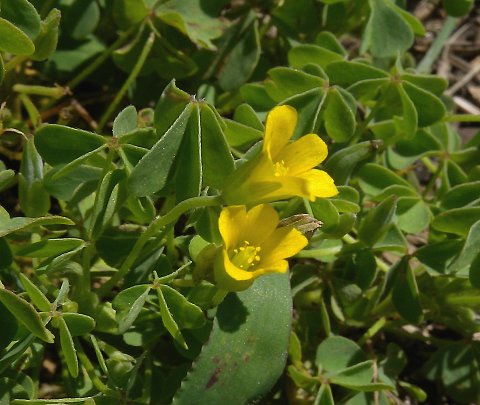



Yellow Wood Sorrel Oxalis Stricta




Weed Opedia Creeping Woodsorrel Southern Exposure
Q&A related to Yellow Woodsorrel Will Trimec Southern Broadleaf Herbicide kill wood sorrel (oxalis stricta) on zoysia grass?Yellow wood sorrel weed thrives in open, fertile soil, which is why it can such a problem in lawns and garden beds, where the soil is so favorable to growth To prevent wood sorrel from popping up in lawns, make sure that you maintain thick, healthy turf Seed or sod any bare spots, because that is where wood sorrel weed will eventually pop upWood sorrel has traditionallyshaped bright yellow flowers instead of the very distinctive beach umbrella/Christmas light shape of the red or white clover flower And sorrel's flowers turn into crazy bad seedpods that look like miniature okra And then they explode Violently The University of Chicago weed guide says that the— abundant




Common Yellow Wood Sorrel




Oxalis Yellow Woodsorrel Weeds University Of Maryland Extension
Yellow Wood Sorrel is easily distinguishable by its tiny yellow flowers 🌼 , each with five petals and three heartshaped leaves This weed can begin appearing in early Spring & stick around until the late Fall!Yellow Woodsorrel Yellow woodsorrel (Oxalis stricta) has foliage (composed of three leaflets) that resembles white clover or black medic Photo James H Miller & Ted Bodner, Southern Weed Science Society, Bugwoodorg However, woodsorrel has yellow flowers, not white The flowers have five petals and can be found throughout the growing seasonCreeping woodsorrel is a low growing perennial broadleaf plant with shamrocklike leaves It grows throughout California to 00 feet (2500 m) and inhabits agricultural land, greenhouse and other disturbed sites It is related to, and closely resembles Bermuda buttercup (buttercup oxalis)



Creeping Wood Sorrel Montana Field Guide




Foraging And Cooking With Wild Sorrel Mother Earth News
Yellow wood sorrel, also known by its scientific name, oxalis stricta or common yellow oxalis, is a common weed problem in the Austin area because it grows yearround and thrives in warm or mild climates There are additional types of oxalis weeds, such as Redwood Sorrel, Silver Shamrock, and Ordinary Woodsorrel, however, all of these types ofCommon yellow woodsorrel is a perennial weed in the Oxalidaceae (wood sorrel) family It is native to North America and Eurasia and appears in woodlands, meadows, and disturbed areas Yellow woodsorrel is considered an aggressive weed in many turf and garden areas and can grow in nutritionally poor soilThe flowers of common yellow are bright yellow and contain 5 pedals with 1015 stamens For more information, see Page 122 in OMAF Publication 505 Ontario Weeds Common Yellow WoodSorrel Pictures Each thumbnail image links to a larger image




The Foraged Foodie Identifying And Foraging Common Wood Sorrel A Common Edible Weed Often Mistaken For Clover Or Shamrock Perfect For Beginners




Oxalis Weed Control Techniques Types Of Oxalis Weeds And Their Management
Yellow woodsorrel (Oxalis strict a) is a perennial or annual broadleaf weed that has cloverlike trifoliate heart shaped leaves Yellow woodsorrel most commonly spreads by seeds that are contained in a capsule that when it explodes ejects the seeds It can be confused with clover but has yellow flowers with five petalsOxalis, also known as wood sorrel, is a perennial weed that is often mistaken for clover It is easily distinguished from clover by the 3 heartshaped leaflets found on top of each long stalk (or petiole) and 5petaled yellow flowers that bloom from spring through summer Oxalis can grow to be 4 to 12 inches tall and thrives in full sun or shadeWood sorrel, or Oxalis, is a genus of flowering plant composed of over 500 species that grow around the globe In Europe and parts of Asia, you'll typically find Oxalis acetosella, and in North America we have numerous species, including Oxalis stricta (often called yellow wood sorrel or sour grass) and Oxalis corniculata (typically called



Oxalis Stricta Yellow Wood Sorrel
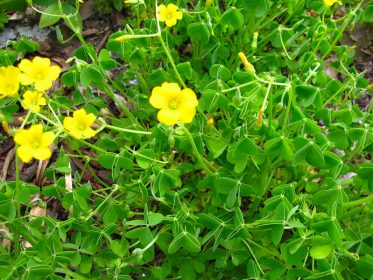



Oxalis Yellow Wood Sorrel False Shamrock Ohio Lawn Weeds
How To Treat Yellow Wood Sorrel For treating Yellow Wood Sorrel, the most effective solution is a nonselective weed treatment containing Glyphosate Chemicals should only be spot applied by a professional to sorrel weeds, so no turf damage occurs Did You Know Yellow Wood Sorrel, when ingested in large quantities, can be toxic to pets,🐾The Weed of the Month series explores the ecology and history of the common wild plants that most gardeners consider weedsGeneral Description Common yellow woodsorrel is somewhat grayishgreen because of very short, closely appressed hairs;




Common Yellow Wood Sorrel
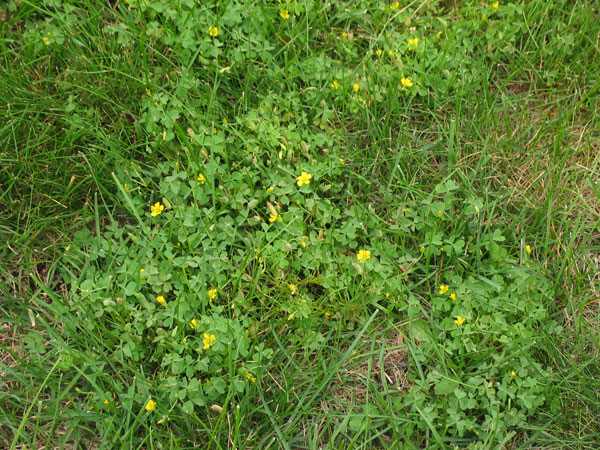



Is This Plant A Weed Garden University Of Minnesota Extension
Yellow sorrel, Oxalis corniculata, is a low, creeping weed that will happily grow anywhere – it's as happy in the bonedry cracks in paving as it is in the damp garden and around the tops of containers Although small, it's tricky to pull out and the roots usually stay where they are and it will regrow from themA weed of greenhouses and ornamentals with leaves that are divided into 3 heartshaped leaflets with small yellow flowers Yellow woodsorrel may be distinguished from Creeping Red Woodsorrel ( Oxalis corniculata ) by the presence of underground rhizomes versus the aboveground stolons of creeping red woodsorrelThis week's Weed of the Week is yellow woodsorrel The Hefty brothers talk about how to identify and control this tough weed on your farm
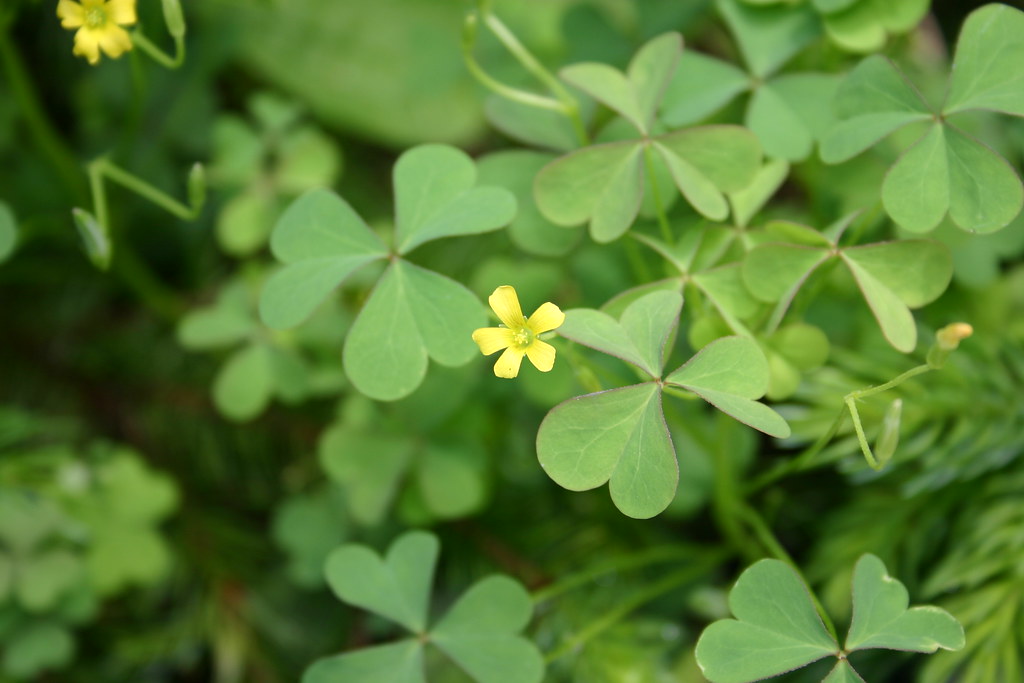



Weed Of The Month Yellow Wood Sorrel Brooklyn Botanic Garden




Oxalis Creeping Wood Sorrel Bioadvanced
There are several yellow woodsorrel benefits though Woodsorrel sourgrass is a native North American plant It is found from the eastern US into Canada The plant has a long history as food and medicine to indigenous people The plant is a perennial weed with three heartshaped leaflets and produces a 5petaled yellow flower from spring to fall🍂 🔍 Fun Fact The leaves of Yellow Wood Sorrels curl inward at night & open up again when they feel the sun and are ready toManaging Oxalis weeds can be a huge challenge due to the tough root system and all the different methods the plant has to reproduce itself and persist Types of Oxalis Weeds There are over 800 species of Oxalis Two of the most common types of Oxalis weeds are creeping wood sorrel and Bermuda buttercup
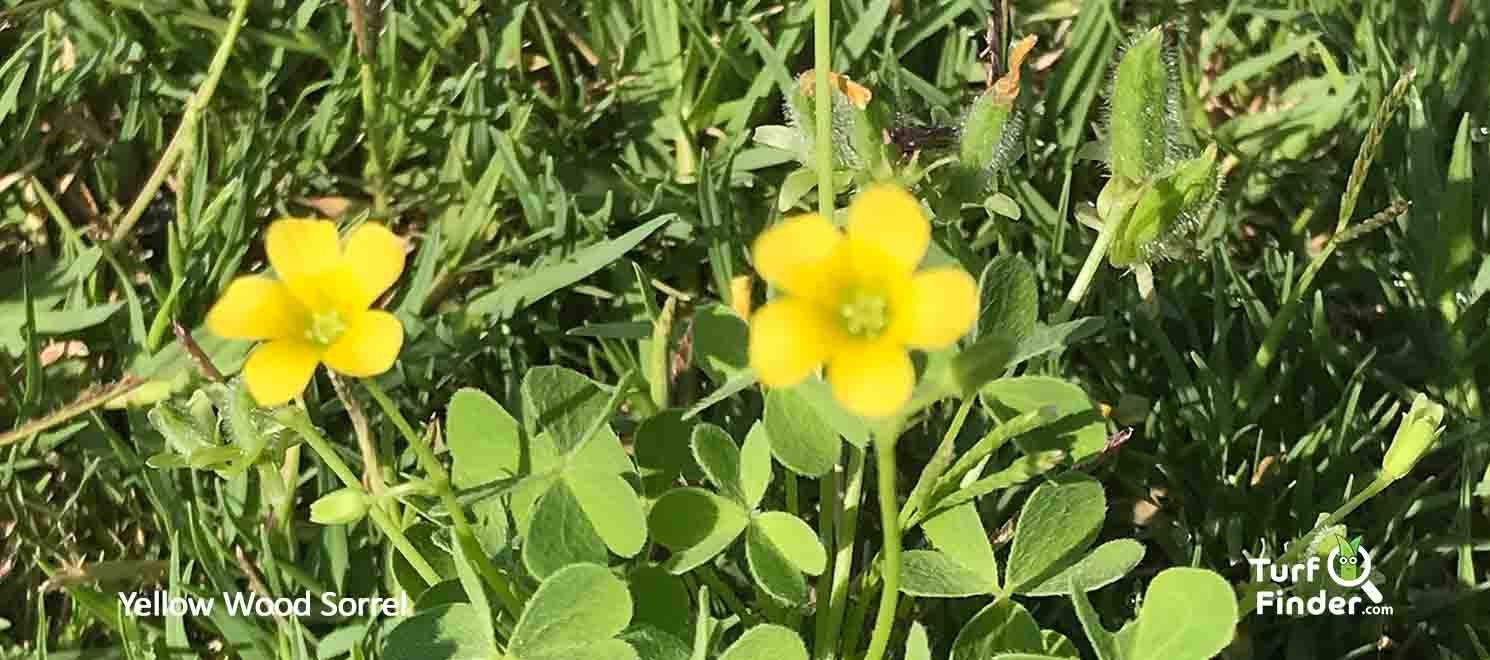



Turf Finder Yellow Wood Sorrel Oxalis Corniculata Turf Finder
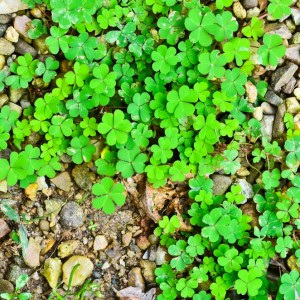



Can You Kill Oxalis With Weed Control Tomlinson Bomberger
It is a weed in everywhere in pots,and on groundFreely Grow and provide lots of seeds Positive On , jamiejamison from Los Angeles, CA wrote I'm in the Southern California, Los Angeles area Yellow Wood Sorrel shows up whether we like it or not around hereOxalis stricta, called the common yellow woodsorrel (or simply yellow woodsorrel), common yellow oxalis, upright yellowsorrel, lemon clover, or more ambiguously and informally " sourgrass ", " sheep weed ", चरी अमिलो or चणीमाणो or "pickle plant", is a herbaceous plant native to North America, parts of Eurasia, and a rare introduction in BritainYellow wood sorrel is a plant/weed that we see quite often in Central Indiana It is a native perennial that produces tiny yellow flowers In turf grass it is considered a weed and can be prevented or controlled We will give you some insight on this plant and how to
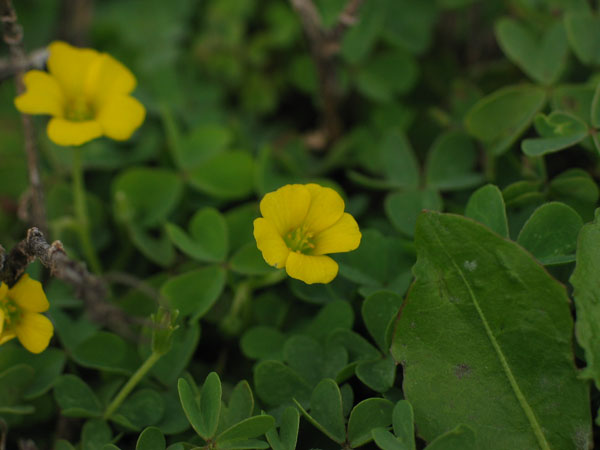



Is This Plant A Weed Garden University Of Minnesota Extension




Common Yellow Wood Sorrel
Oxalis corniculata also known as creeping wood sorrel, procumbent yellowsorrel or sleeping beauty is a species of perennial, flowering, lowgrowing, herbaceous plant in genus Oxalis and Oxalidaceae family The plant resembles the common yellow wood sorrel, Oxalis strictaYellow Wood Sorrel (Oxalis fontana) Description This herbaceous perennial plant is typically 512" tall, although sometimes it becomes up to 1½' tall, branching occasionally The lower stems of larger plants may become decumbent on the ground, while their upper stems remain erect The stems are light green, terete, and either glabrous or hairySorrel, Wood Bonide Solutions Brush Killer BK32 Chickweed, Clover, & Oxalis Killer Conc DuraTurf Crabgrass & Weed Preventer for Lawns and Ornamentals Duraturf Crabgrass Preventer with Fertilizer (Phase 1) DuraTurf Weed & Feed ProZone Weed Beater® Complete Sedge Ender® Conc Weed Beater® Ultra Conc BONIDE Products LLC
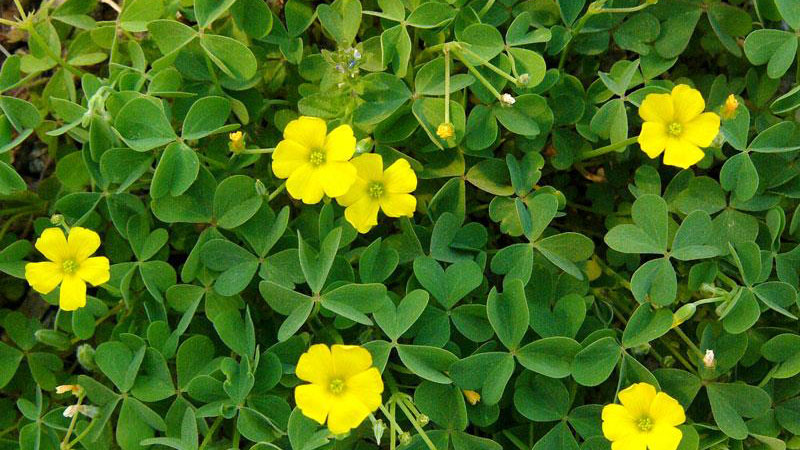



Yellow Woodsorrel Nc State Extension
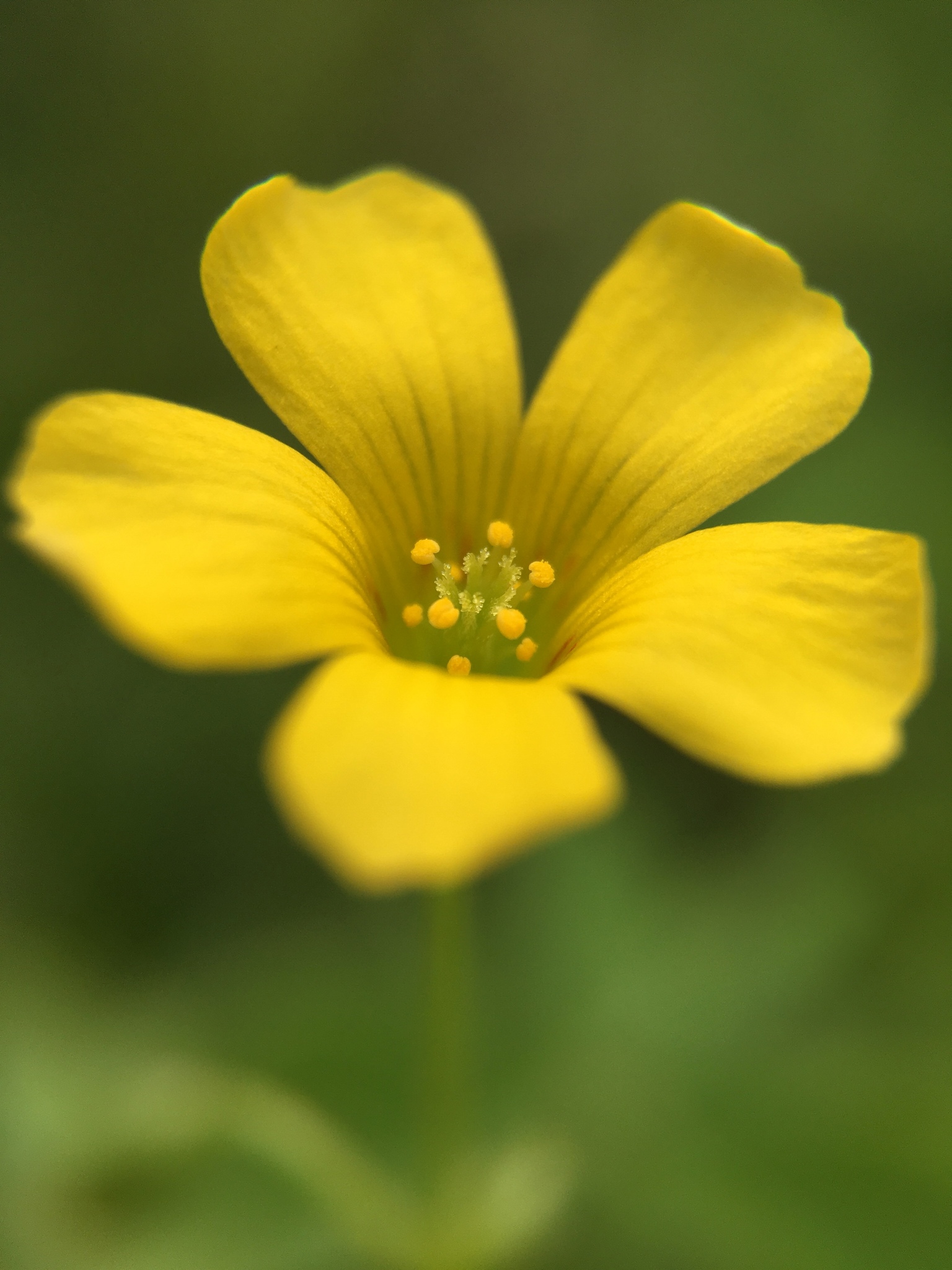



Oxalis Corniculata Wikipedia
Yellow Woodsorrel (also known as pickle plant, sour grass, or lemon clover) is an opportunistic weed that starts showing up after spring problems like insects or herbicides that remove other weeds leave openings in the grass It will branch and creep over the ground, making it hard for anything else to grow thereThe plant with bright yellow flowers and small purple freckles on tall stems that grow from one central stem is called Bermuda Buttercup, Sour Grass, or African Sorrel (among other common names) and native to South Africa It grows like crazy here when the weather is cool, from fall into spring and then dies back when the weather heats upThey are covered with short appressed hairs
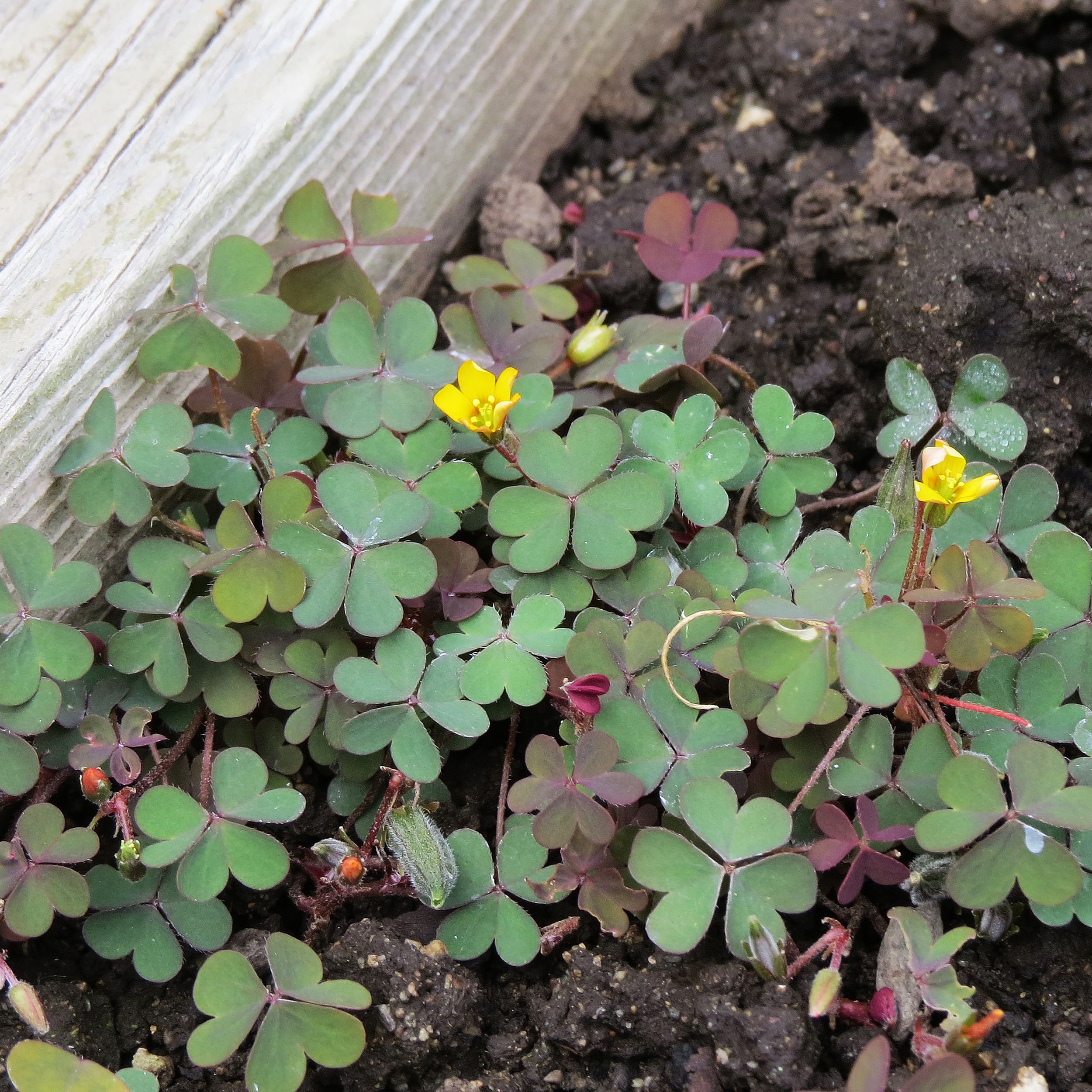



In The Garden Pull Out Those Weeds To Keep Them From Competing With Your Plants The Spokesman Review
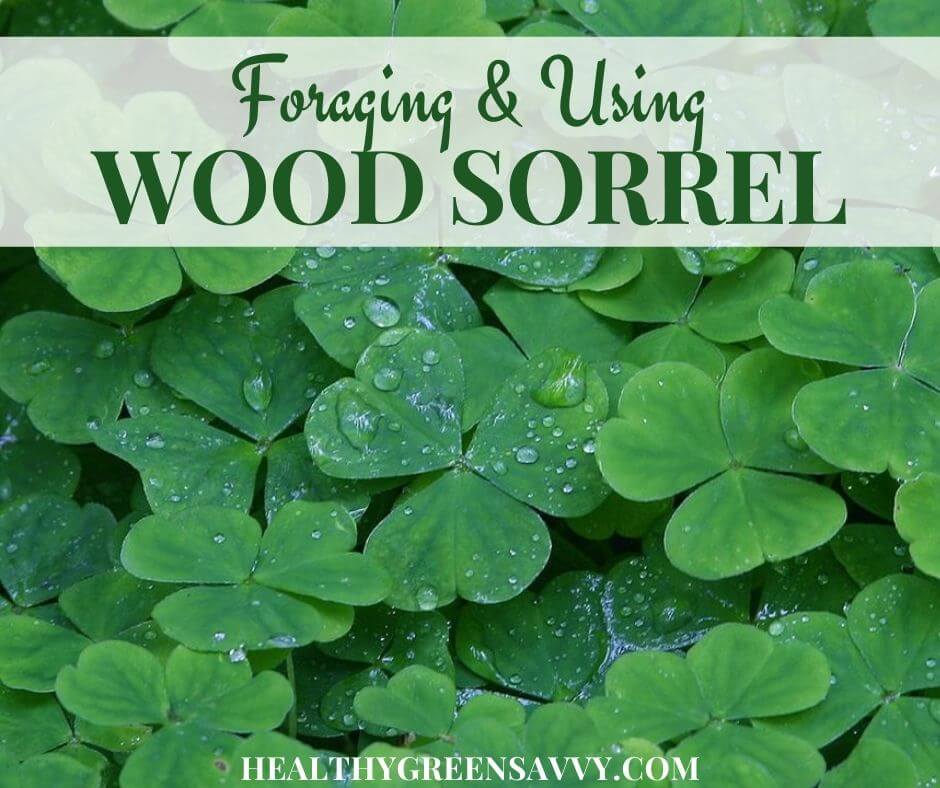



Wood Sorrel Sour Grass An Edible Medicinal Wild Plant




How To Control Oxalis Also Known As Wood Sorrel In Your Lawn




Weed Opedia Yellow Woodsorrel Southern Exposure
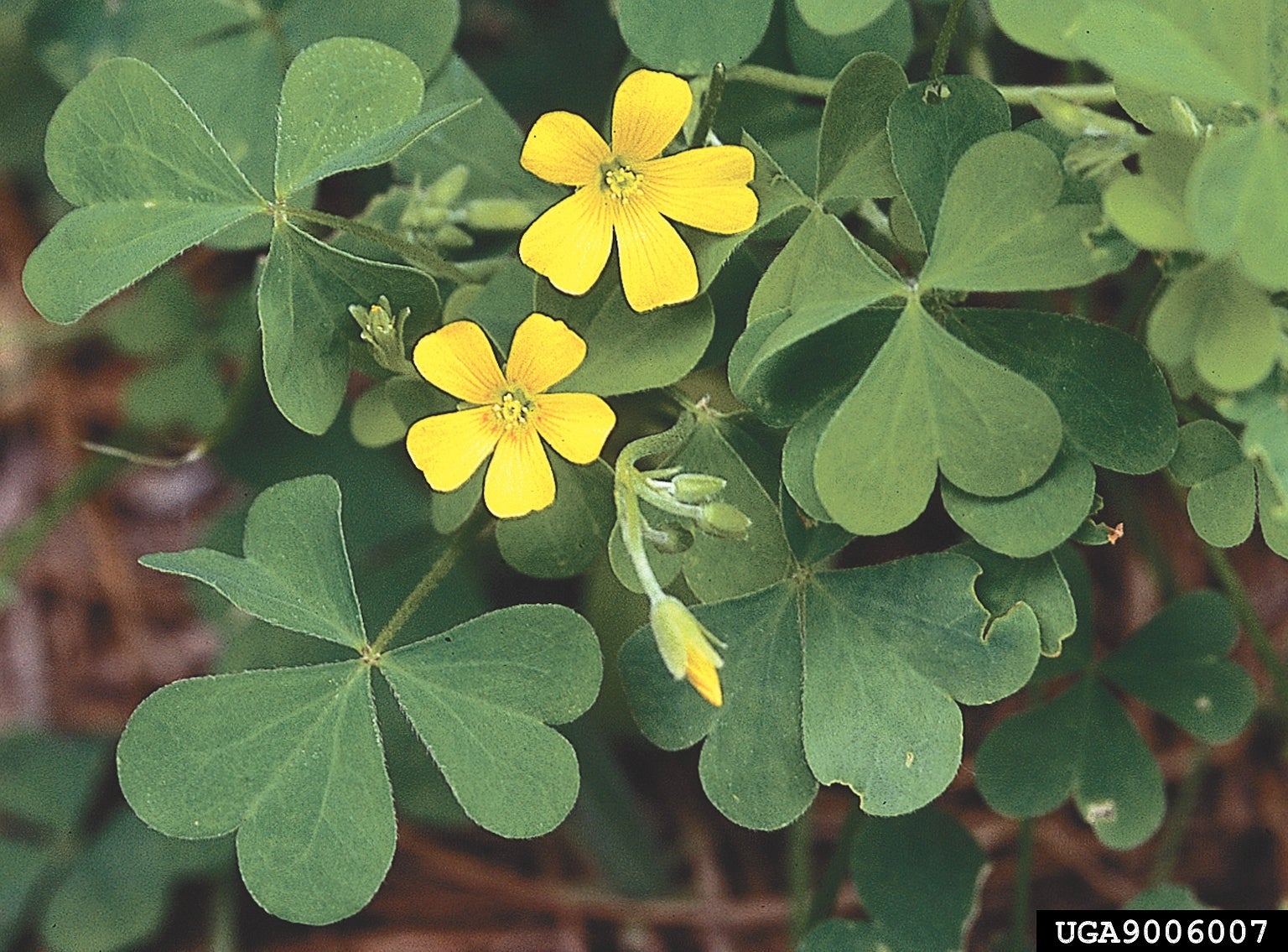



What Are Sourgrass Plants Yellow Woodsorrel Benefits In Gardens
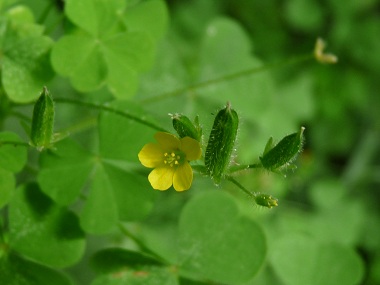



Wood Sorrel Pictures Flowers Leaves Identification Oxalis Stricta



Creeping Woodsorrel P Oxalis Corniculata Family Oxalidaceae Woodsorrel Msu Turf Weeds Net Weed Identification And Information A Resource Guide From The Dept Of Crop And Soil Sciences At Michigan State University




Yellow Woodsorrel Oxalis Stricta Another Plant To Know About Survival Food Youtube



Ontario Weeds Common Yellow Wood Sorrel
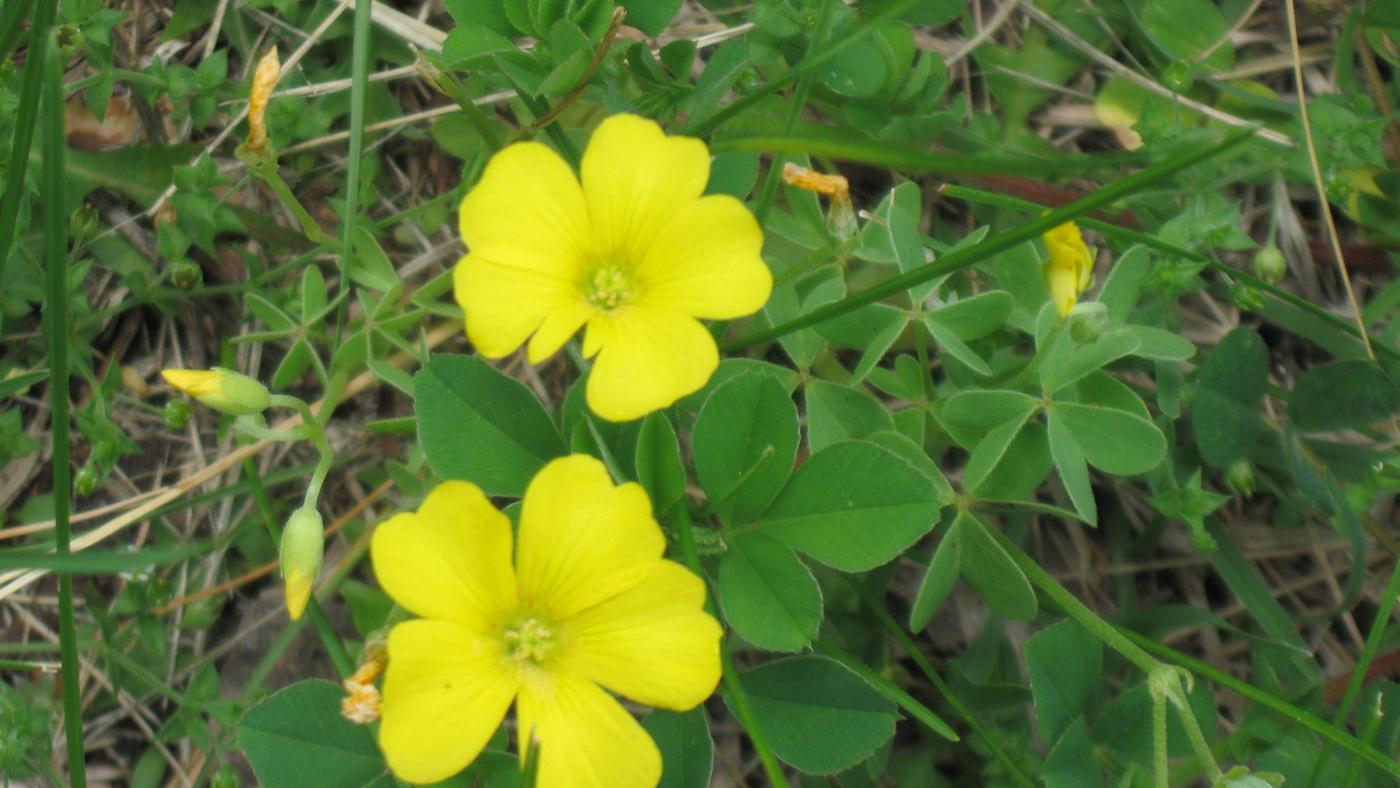



Yellow Wood Sorrel A Lemony Attractive Weed Lifestyles Kearneyhub Com




Weed Du Jour Yellow Woodsorrel The Green Thumb 2 0



Oxalis Stricta Yellow Wood Sorrel Minnesota Wildflowers




Oxalis Species Upright Yellow Woodsorrel Yellow Wood Sorrel Oxalis Stricta




Why San Francisco Spends Millions Of Dollars To Eradicate Why San Francisco Spends Millions Of Dollars To Eradicate Shamrocks
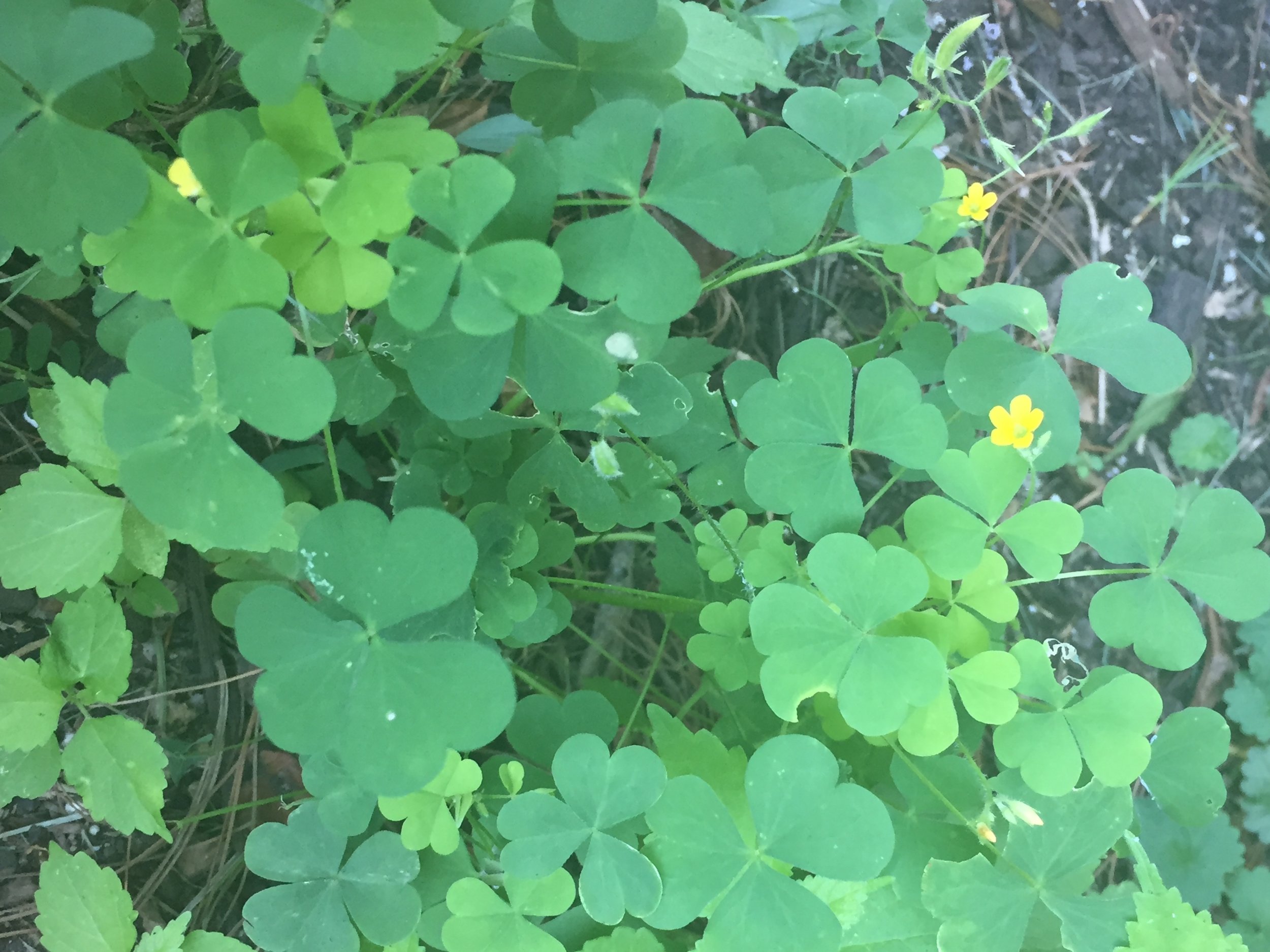



How To Identify Wood Sorrel Foraging For Edible Wild Greens Good Life Revival
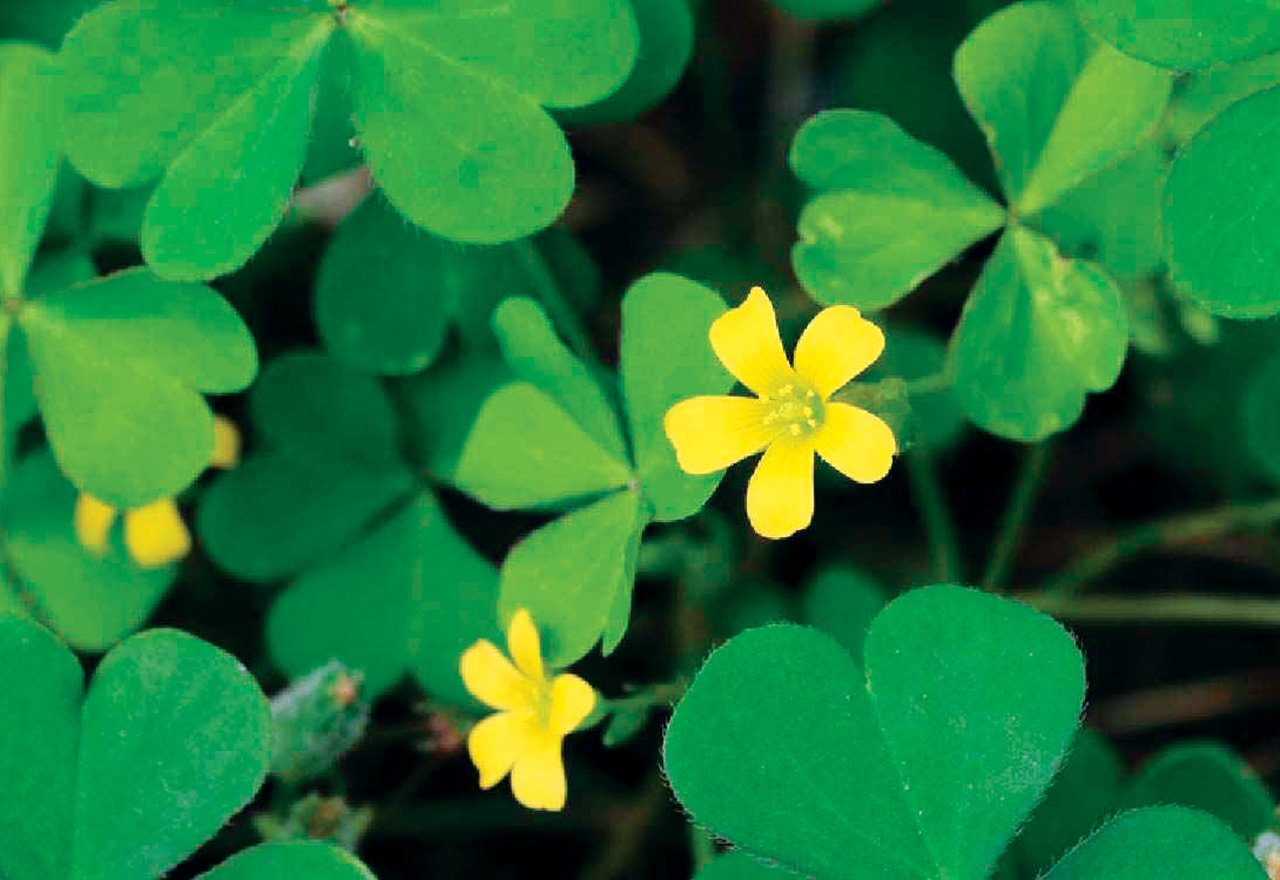



Oxalis




Oxalis The Novice Farmer
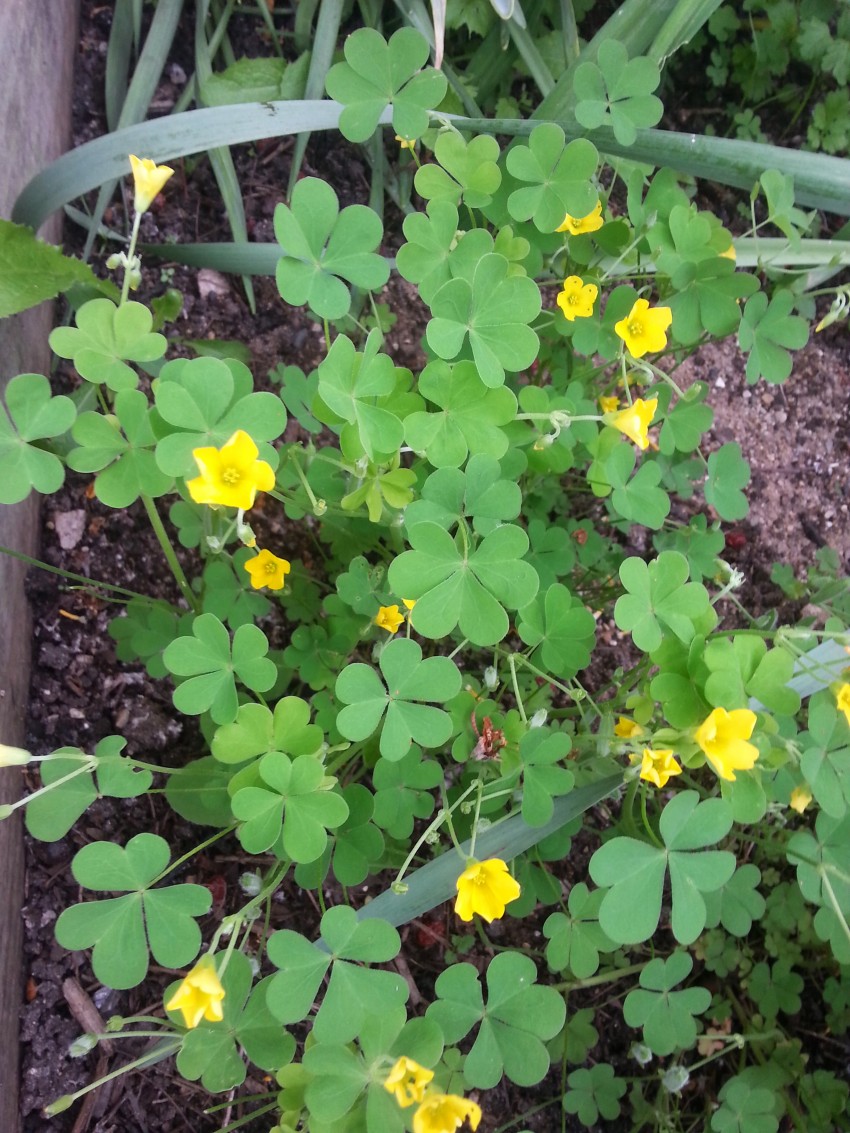



Eating Weeds Chicago Botanic Garden




Weed Of The Week 7 Yellow Woodsorrel Air Date 4 5 15 Youtube




Yellow Woodsorrel Oxalis Stricta Research Weed Control
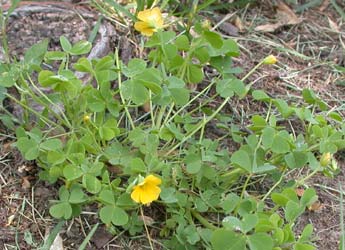



Black Medic Broadleaf Weeds Weeds Problem Solver Turf Info Kansas State University Research And Extension
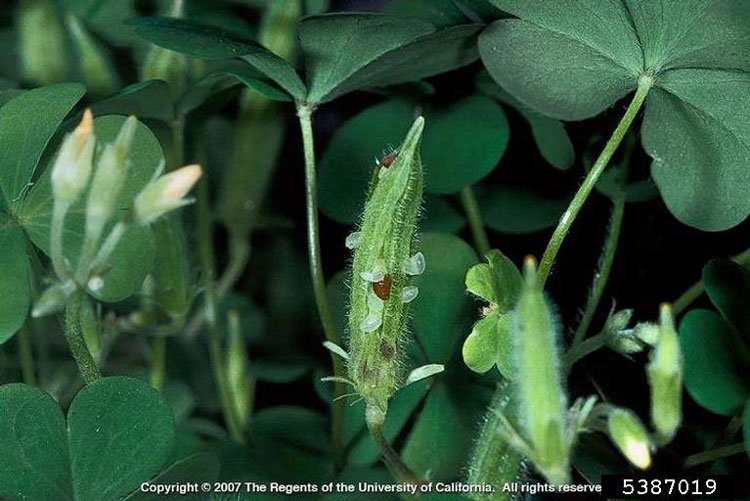



Got Pests



Q Tbn And9gcsgzjyvfper Ywltappqtrxw8hn7rqrysxmwyug Tgazmyzv99t Usqp Cau
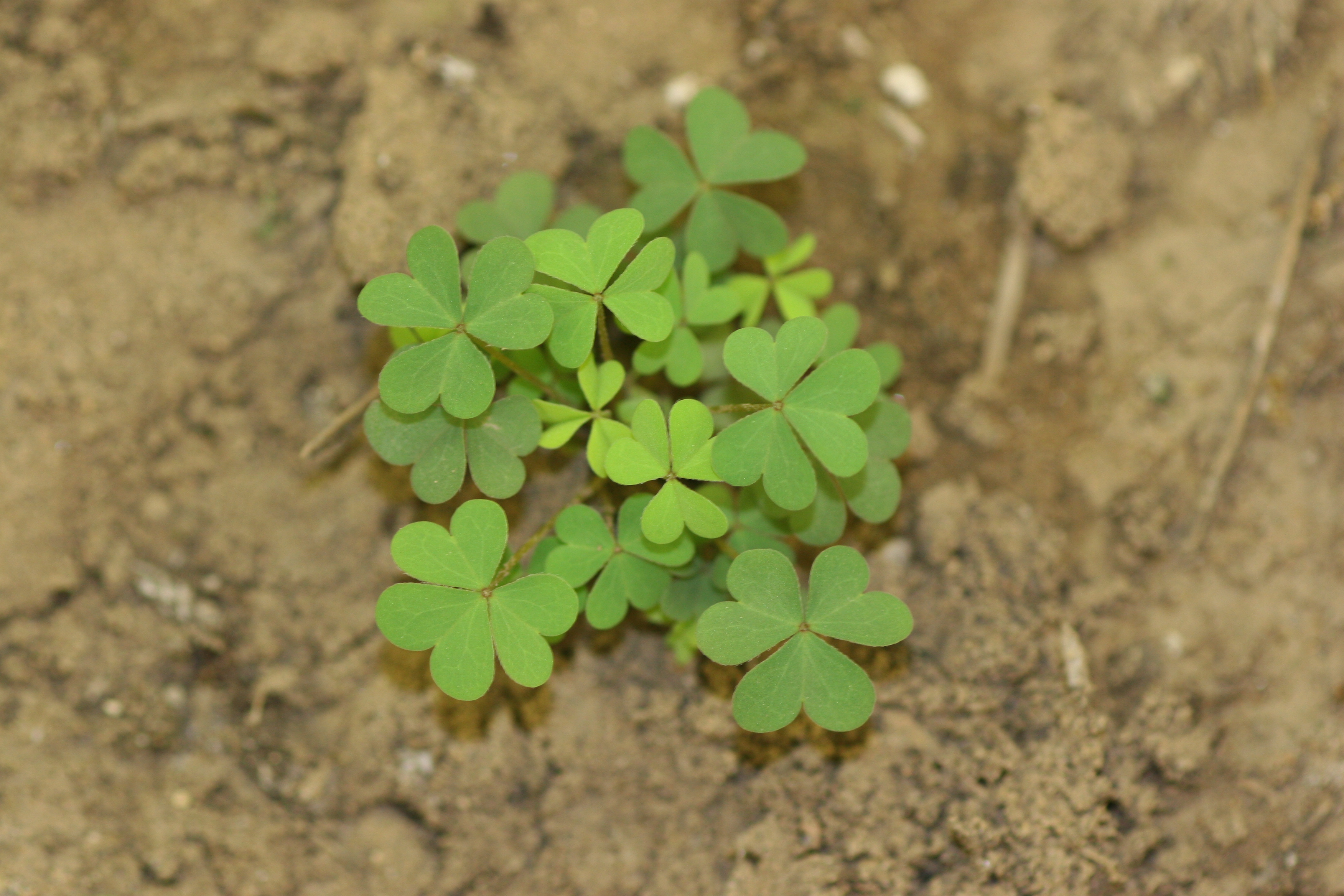



Yellow Woodsorrel Oxalis Stricta Plant Pest Diagnostics
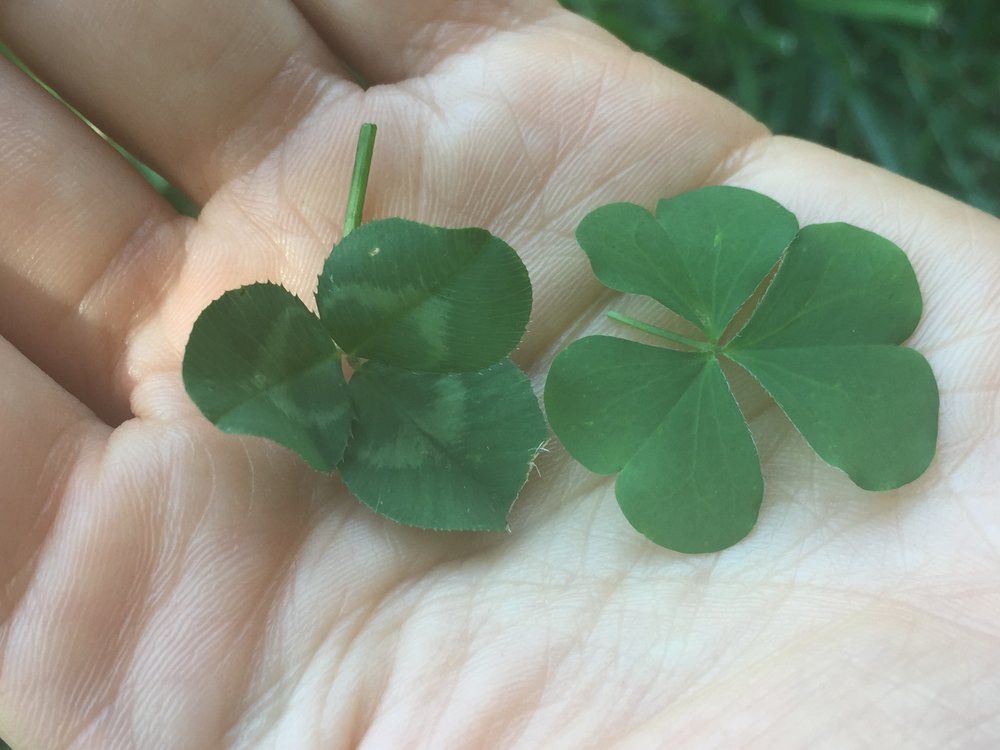



How To Identify Wood Sorrel Foraging For Edible Wild Greens Good Life Revival
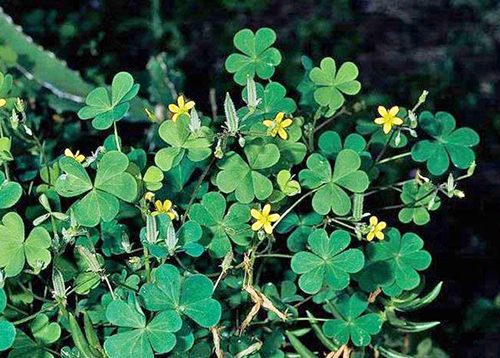



Creeping Woodsorrel Usu
:max_bytes(150000):strip_icc()/173051163-56a6d34c5f9b58b7d0e4ff45.jpg)



Controlling Yellow Wood Sorrel In Your Garden
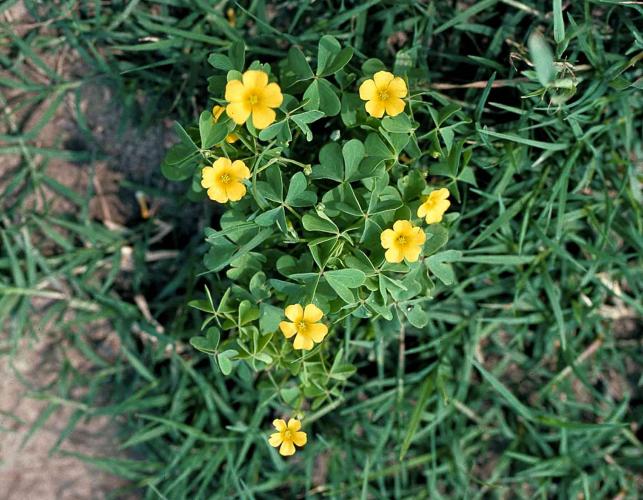



Yellow Wood Sorrel Missouri Department Of Conservation



Weed Of The Week Yellow Woodsorrel Mississippi Crop Situation
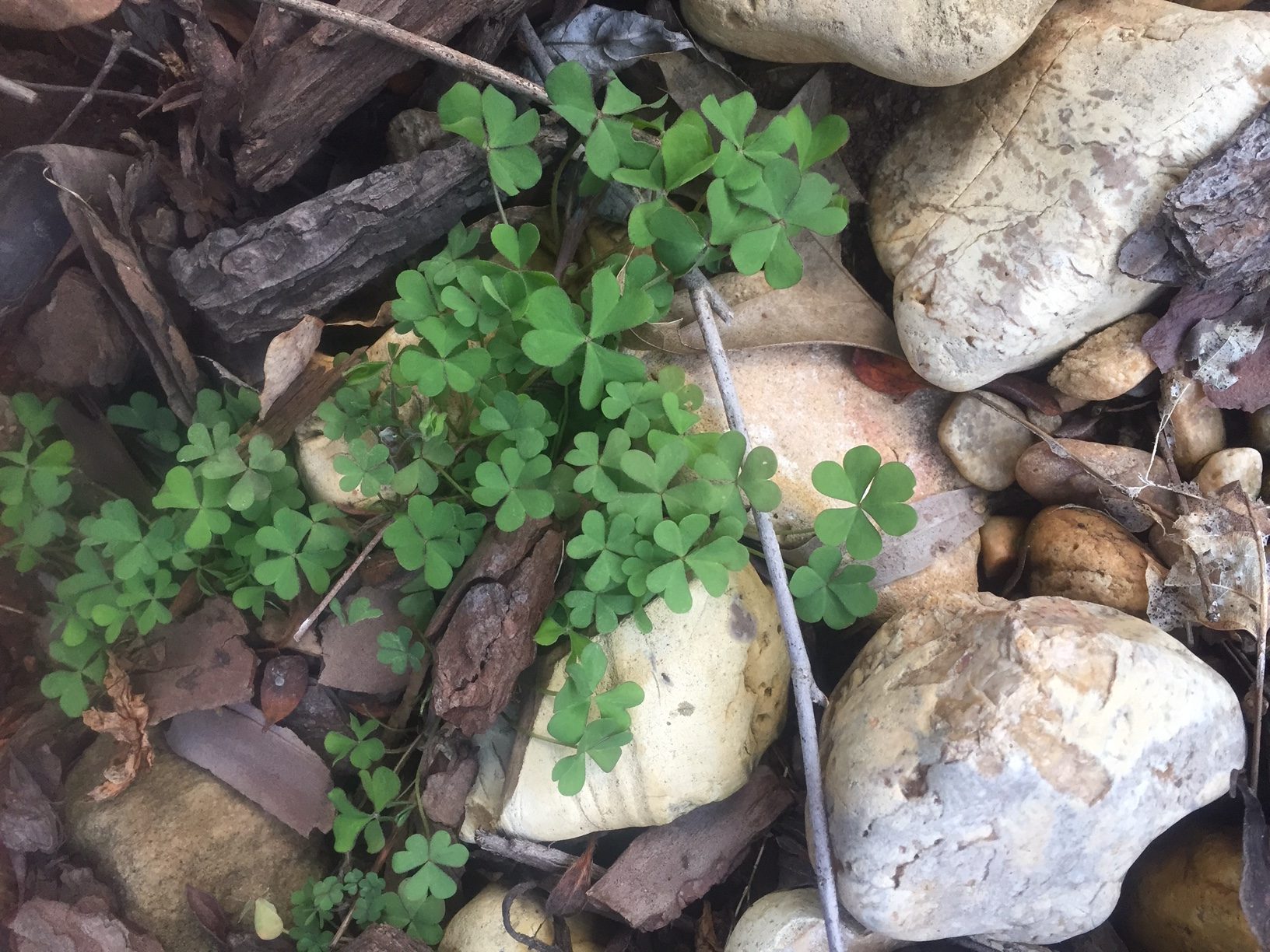



Yellow Woodsorrel Oxalis Stricta Control Walter Reeves The Georgia Gardener



Q Tbn And9gcs9rselpijpl04c0utlkkjqoklc3dkmbizlcyq61nw Usqp Cau



Creeping Wood Sorrel Montana Field Guide
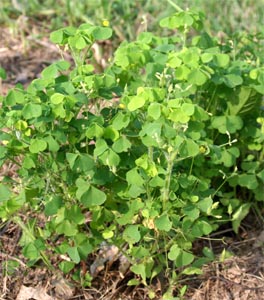



Common Yellow Woodsorrel Oxalis Stricta Wisconsin Horticulture




Creeping Woodsorrel Oxalis Corniculata Plants Candide Gardening
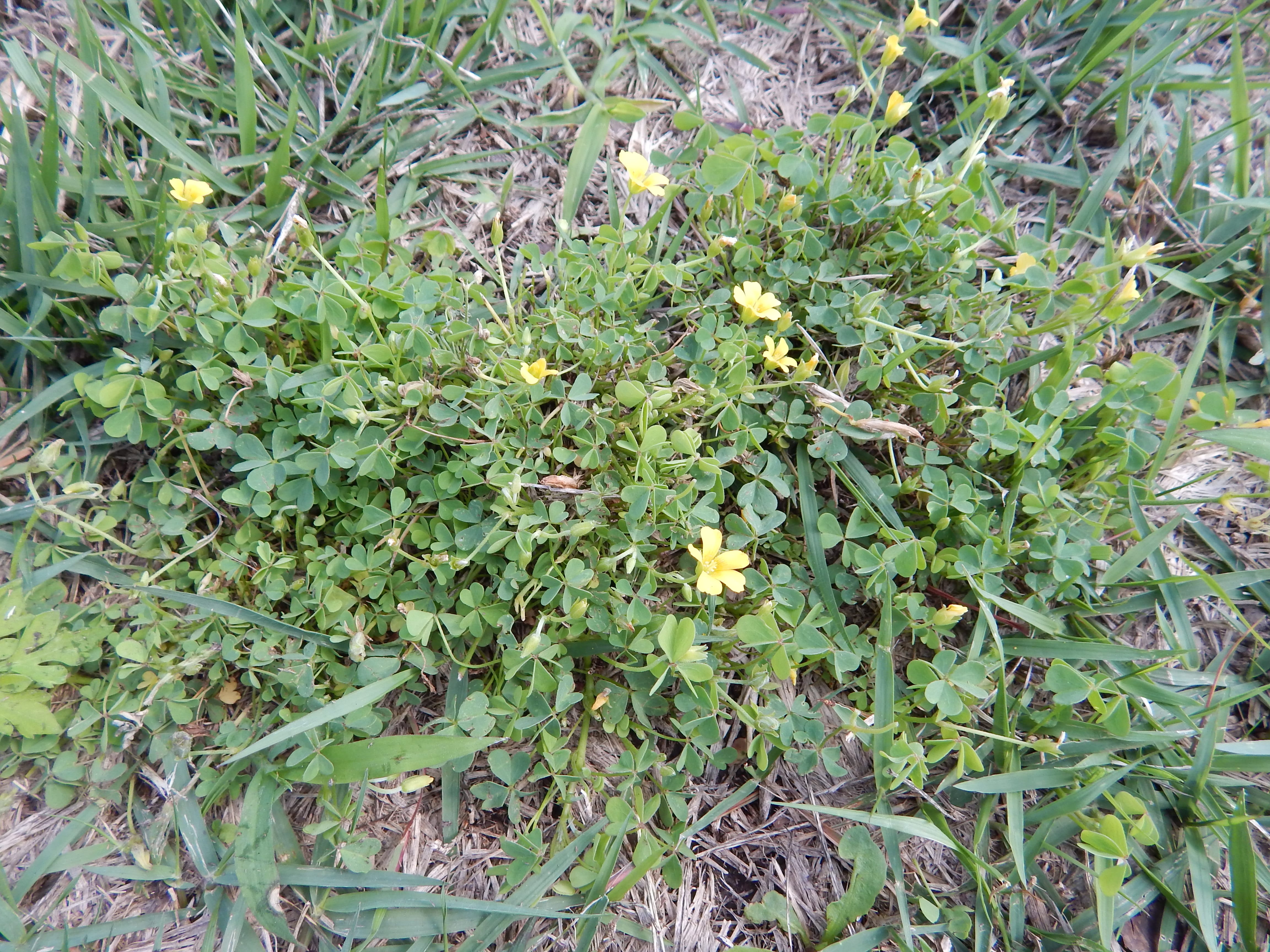



Yellow Woodsorrel Oxalis Stricta Control K State Turf And Landscape Blog




Yellow Woodsorrel Aggieturf




Weed Of The Week Yellow Wood Sorrel
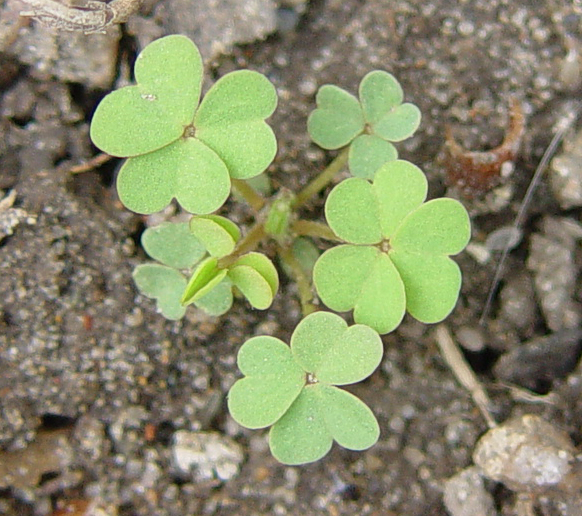



Yellow Woodsorrel Oxalis Stricta Plant Pest Diagnostics
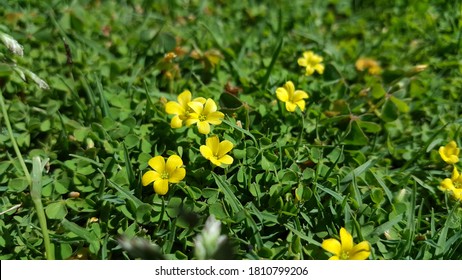



Woodsorrel Hd Stock Images Shutterstock



Creeping Woodsorrel P Oxalis Corniculata Family Oxalidaceae Woodsorrel Msu Turf Weeds Net Weed Identification And Information A Resource Guide From The Dept Of Crop And Soil Sciences At Michigan State University
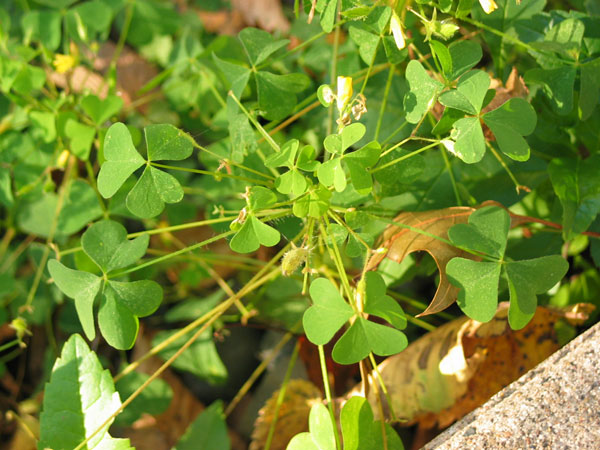



Is This Plant A Weed Garden University Of Minnesota Extension




Weed Of The Week Oxalis Lawn Pride
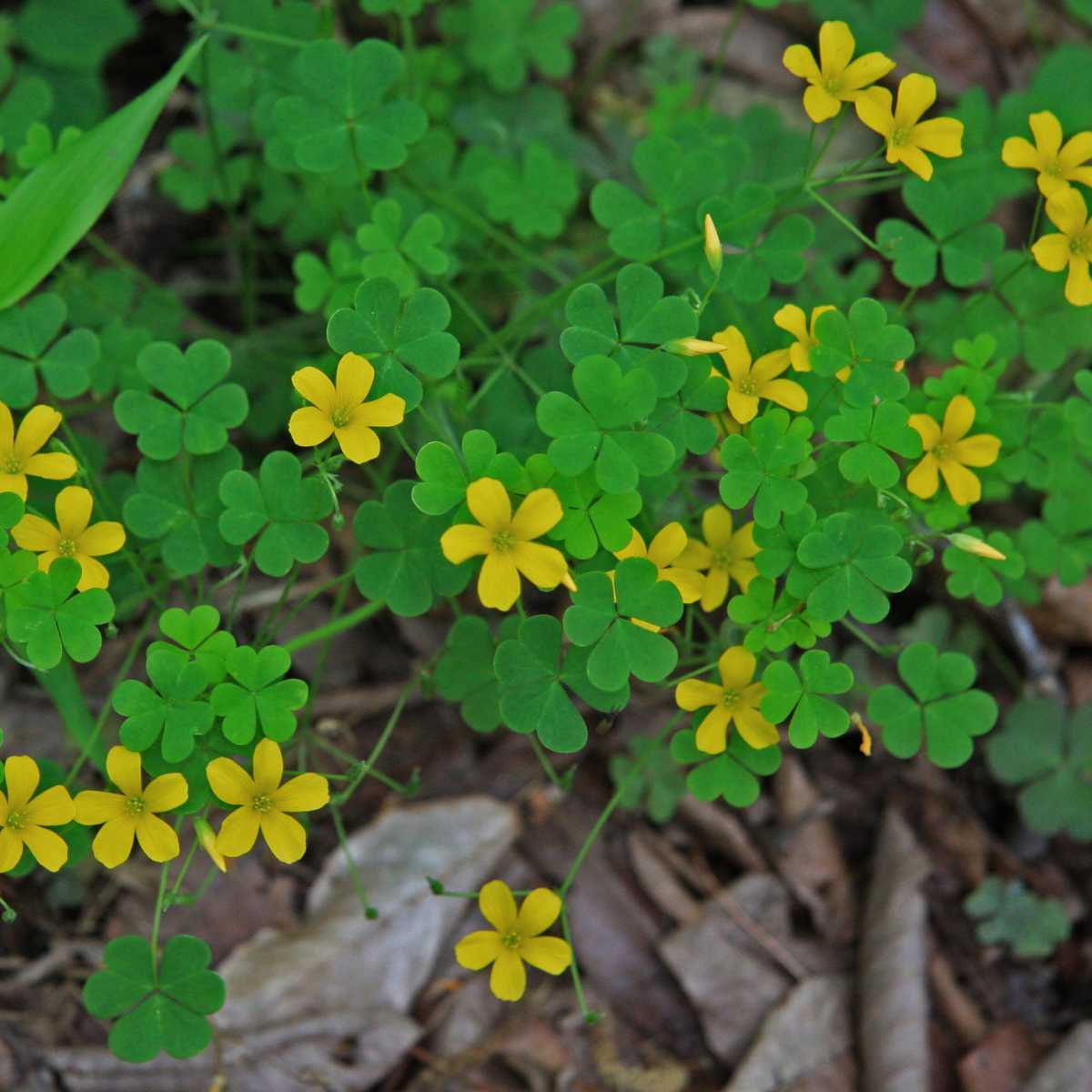



Wood Sorrel A Nutritious Edible Weed Dengarden




Yellow Woodsorrel Benifits Organic And Natural Control




Broad Leaf Weed Profile Oxalis Green Lawn Fertilizing
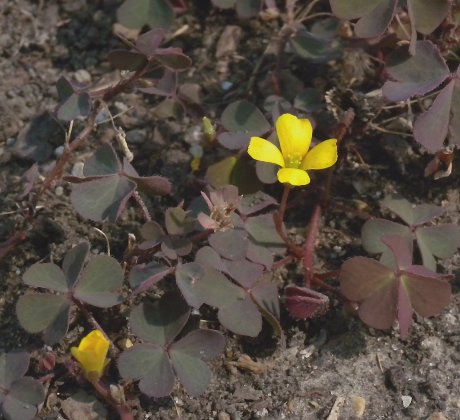



Creeping Wood Sorrel Oxalis Corniculata




Garden Q A Want To Get Rid Of Wood Sorrel Good Luck Entertainment Life The Florida Times Union Jacksonville Fl
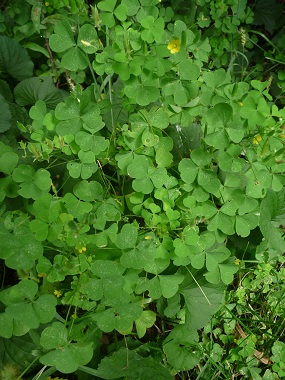



Wood Sorrel Pictures Flowers Leaves Identification Oxalis Stricta




Oxalis Yellow Woodsorrel Weeds University Of Maryland Extension




Weed Of The Week 1038 Yellow Woodsorrel Air Date 2 25 18 Youtube
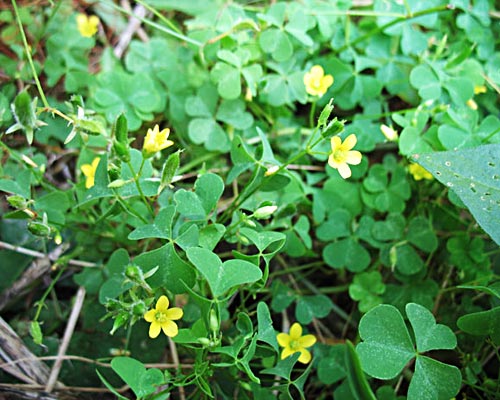



Wood Sorrel Foraging For Wild Edibles




The Happy Hedgehog Know Your Weeds Creeping Woodsorrel
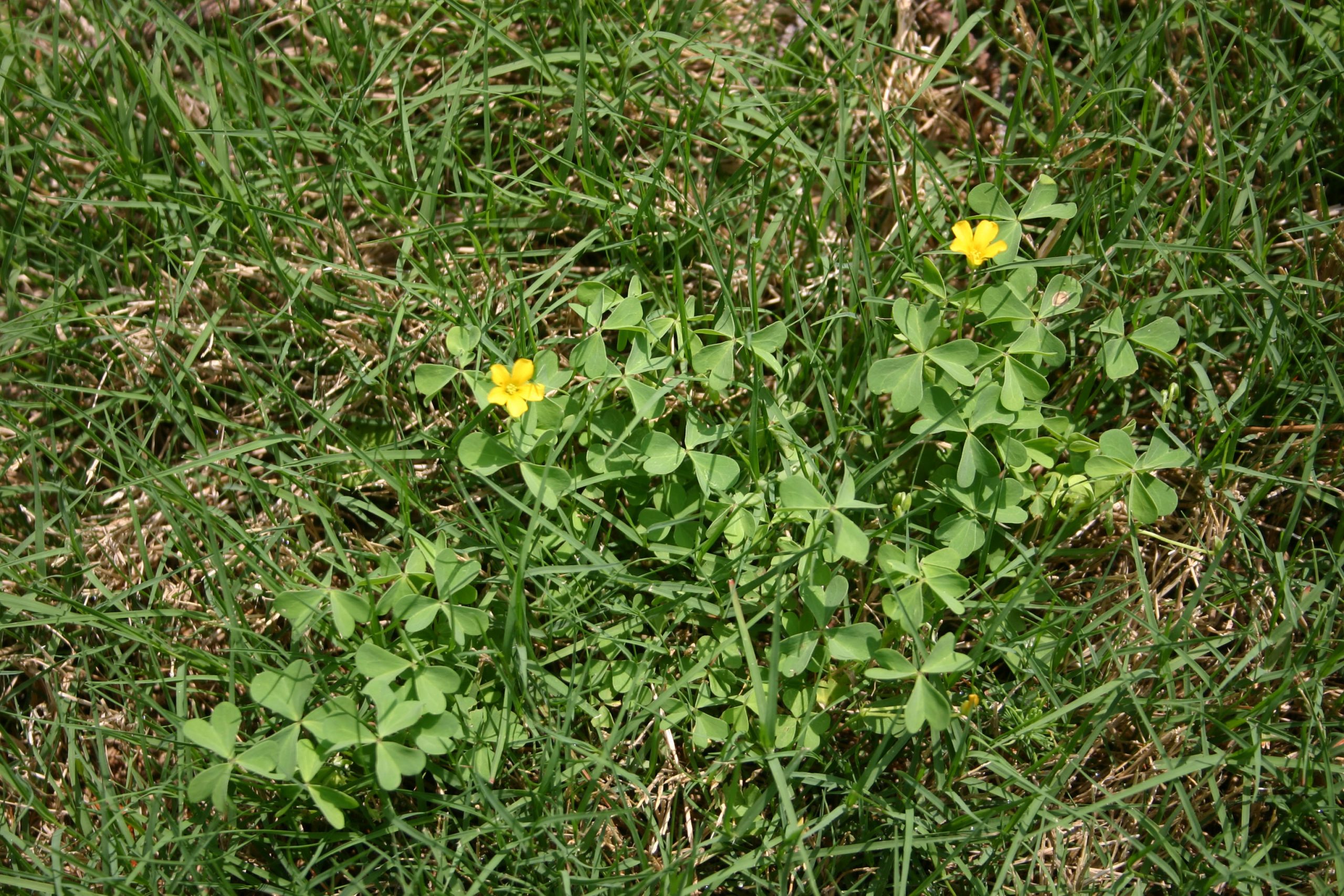



Yellow Clover Wood Sorrel Oxalis In Fescue Walter Reeves The Georgia Gardener
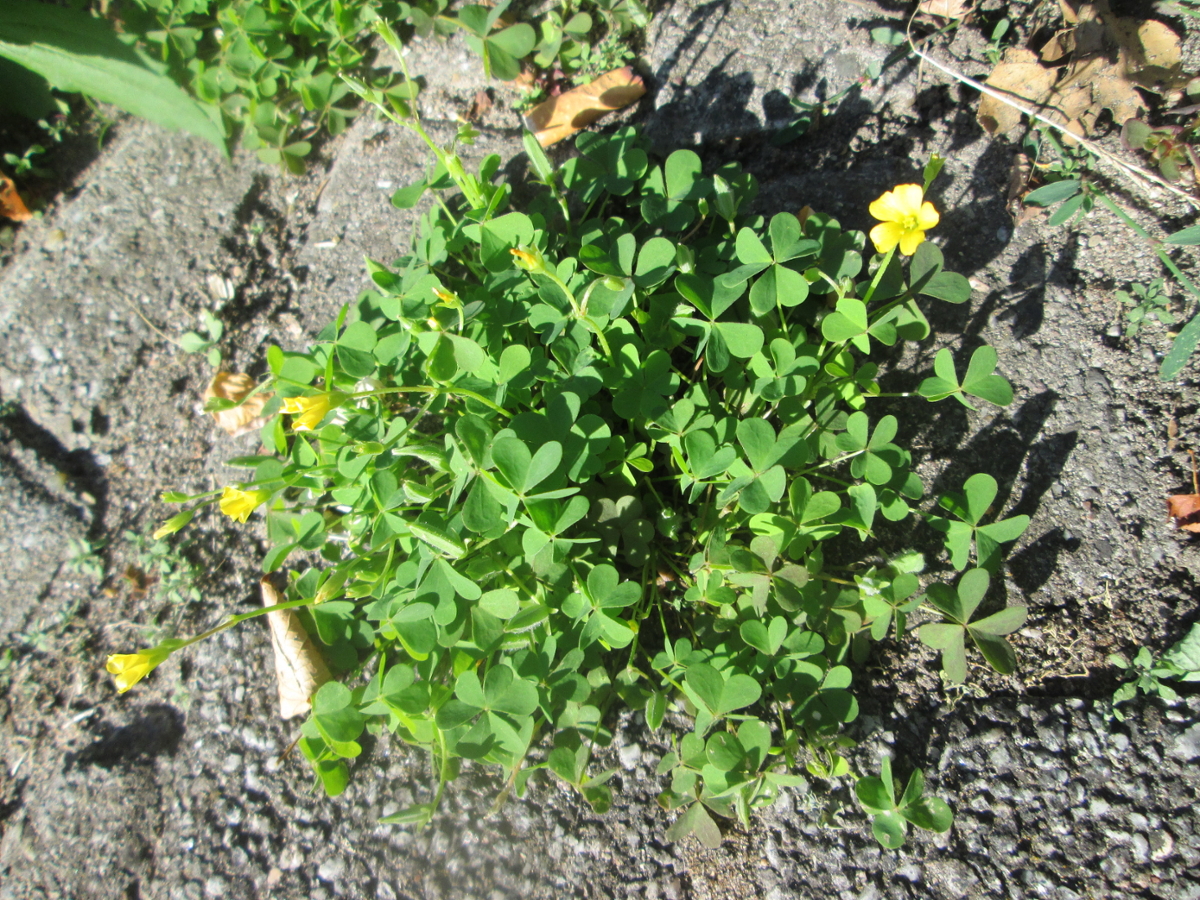



Yellow Woodsorrel College Of Agriculture Forestry And Life Sciences Clemson University South Carolina
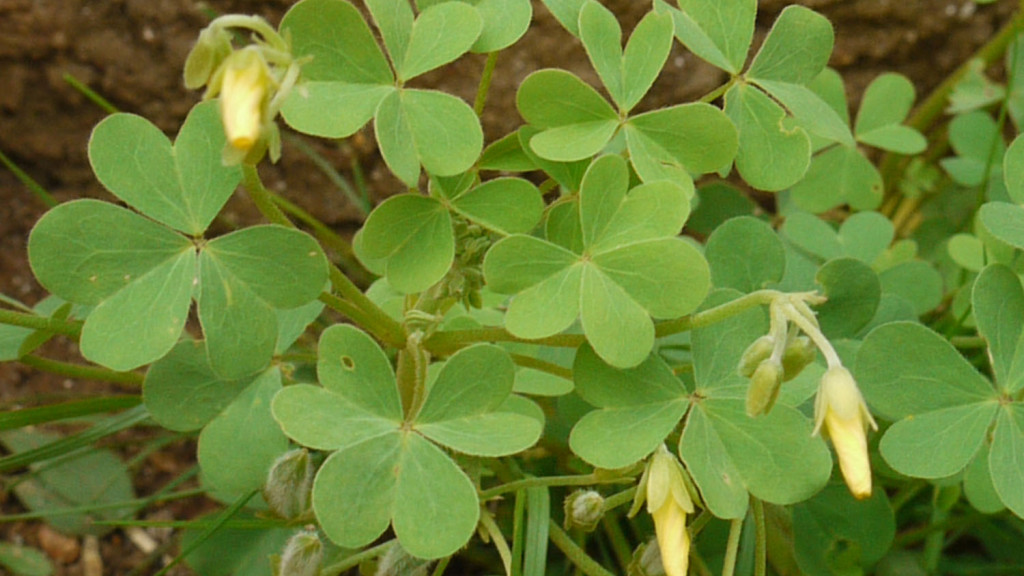



Yellow Woodsorrel Weed Killer Lawn Dork




Common Yellow Wood Sorrel Oxalis Dillenii In The Wood Sorrels Database Garden Org
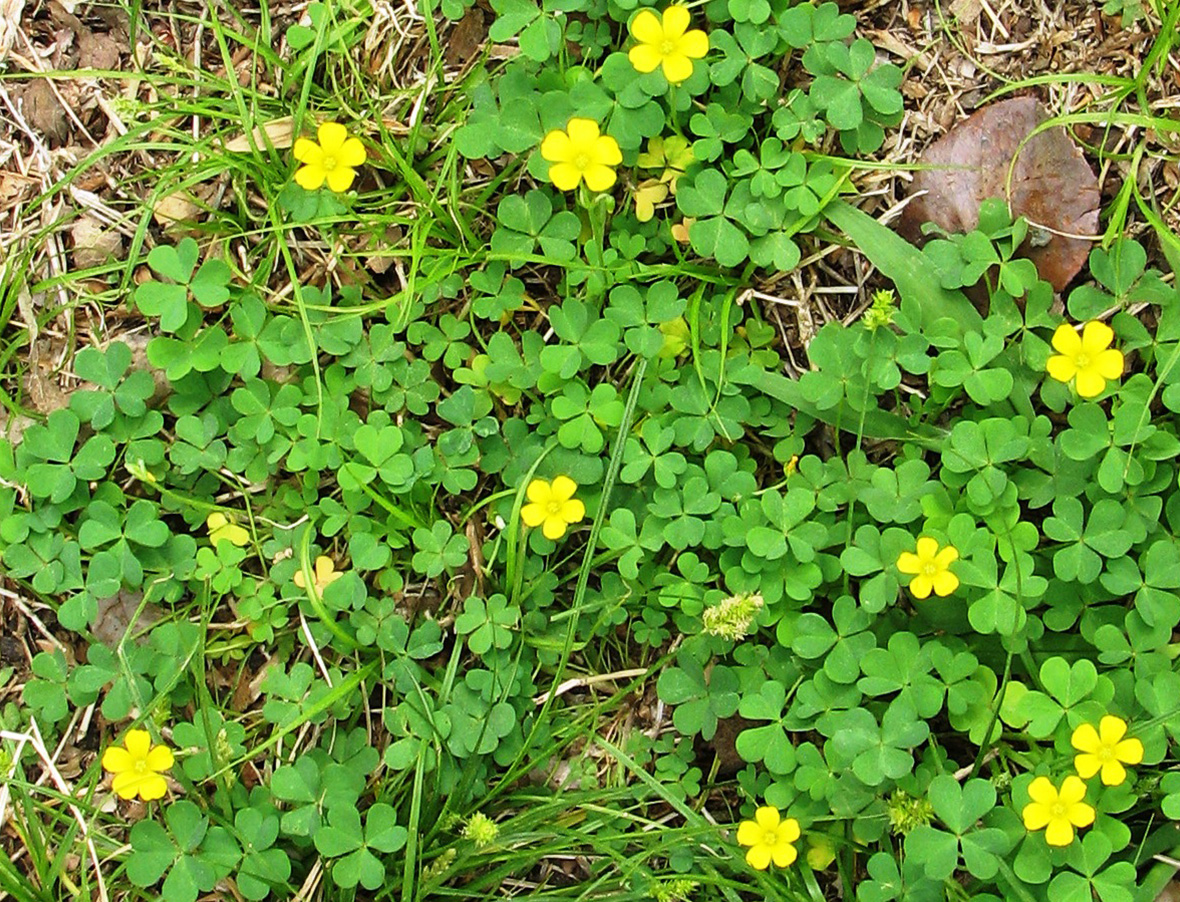



Oxalis Weedalert




Edible Weeds Wood Sorrel Josh Fecteau




Yellow Woodsorrel Oxalis Pests Georgiaturf
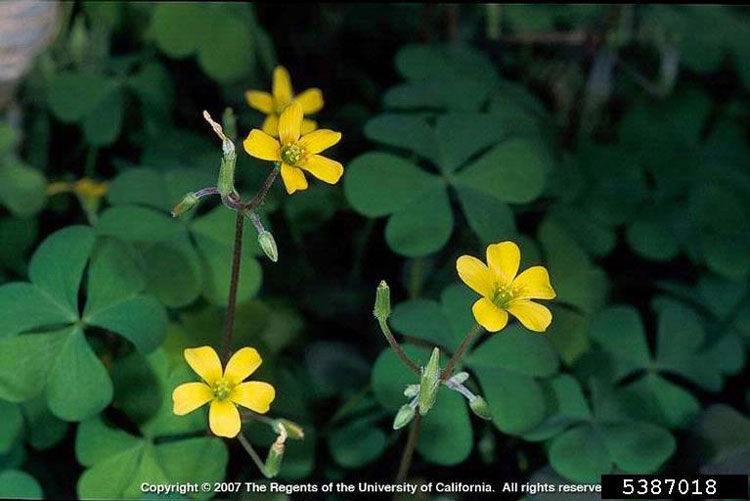



Got Pests




My Nice Garden Creeping Wood Sorrel Oxalis Corniculata The Sleeping Beauty Weed In My Garden
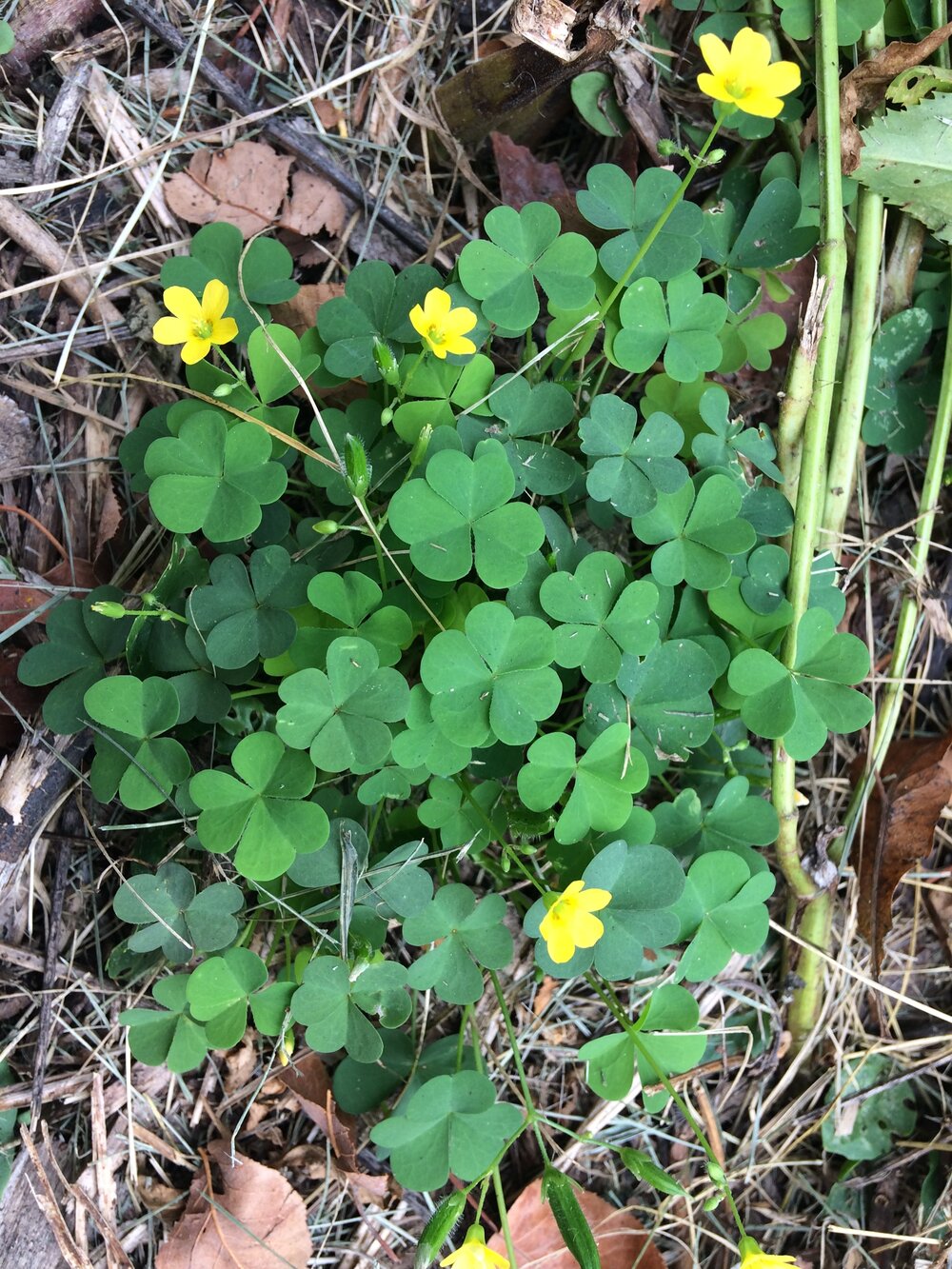



Yellow Wood Sorrel Small Plant Big Taste Four Season Foraging
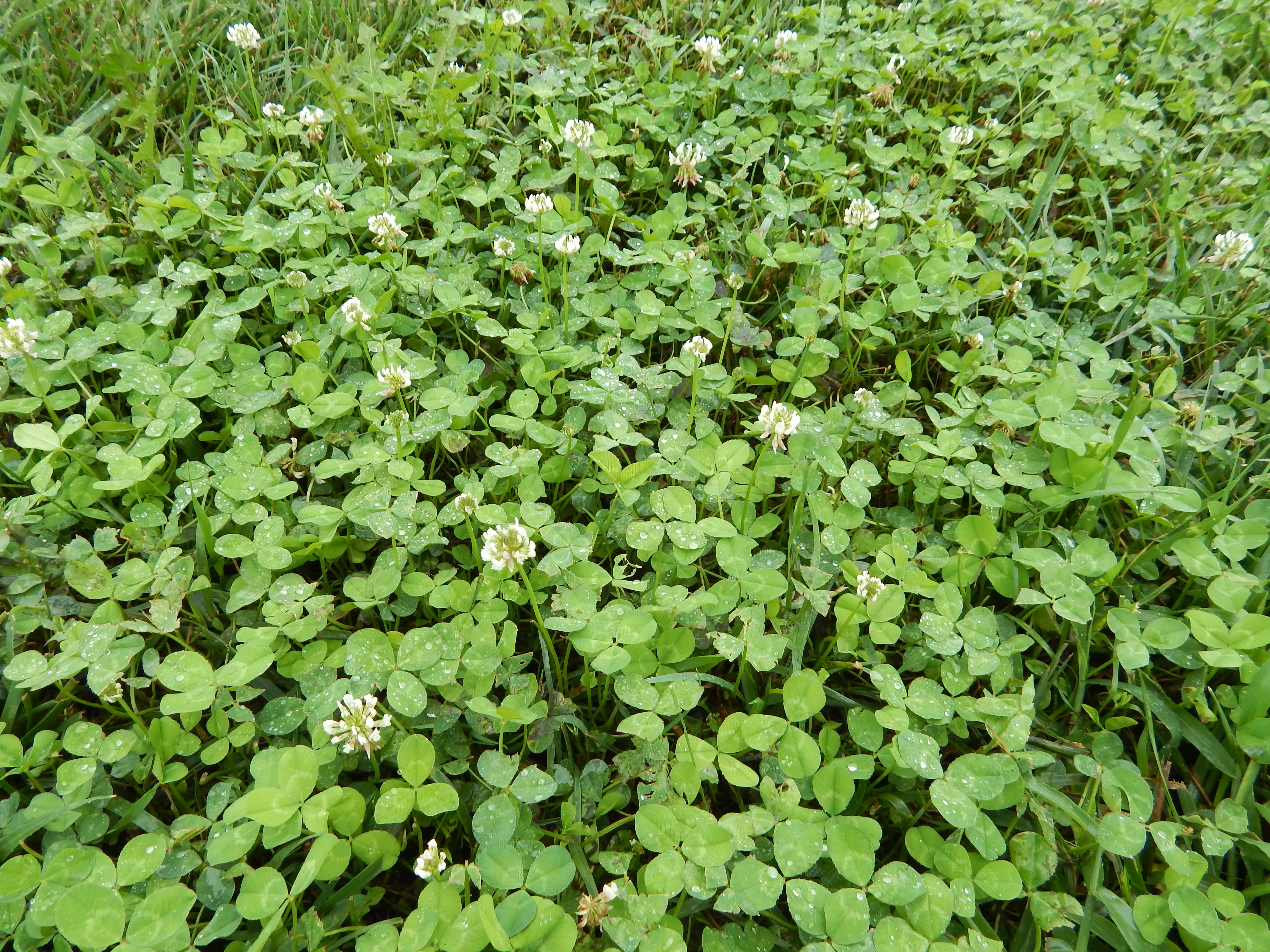



White Clover And Yellow Woodsorrel Control K State Turf And Landscape Blog




Dealing With Weeds Yellow Sorrel c Gardeners World Magazine




Yellow Wood Sorrel Small Plant Big Taste Four Season Foraging




Weed Of The Month Yellow Woodsorrel Home Garden Information Center



Q Tbn And9gcsbg5nm7ze4kqptucurwrljqbsrj Y Mbdefbjexze Usqp Cau



Yellow Wood Sorrel Weed Control Fishers Green S Lawncare Property Services




Yellow Wood Sorrel Missouri Department Of Conservation



Q Tbn And9gcqymrdtzek6ghg8kkbmes1uoqaie Pmredvckcn0mertb D J Usqp Cau
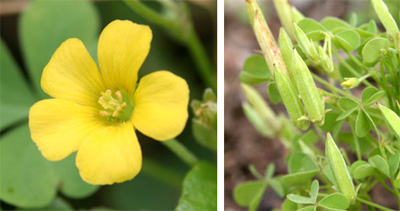



Common Yellow Woodsorrel Oxalis Stricta Wisconsin Horticulture



Oxalis Stricta Common Yellow Oxalis Native Plants Of North America



Oxalis How To Drown Your Sorrels Eat The Weeds And Other Things Too




Oxalis Stricta Wikipedia
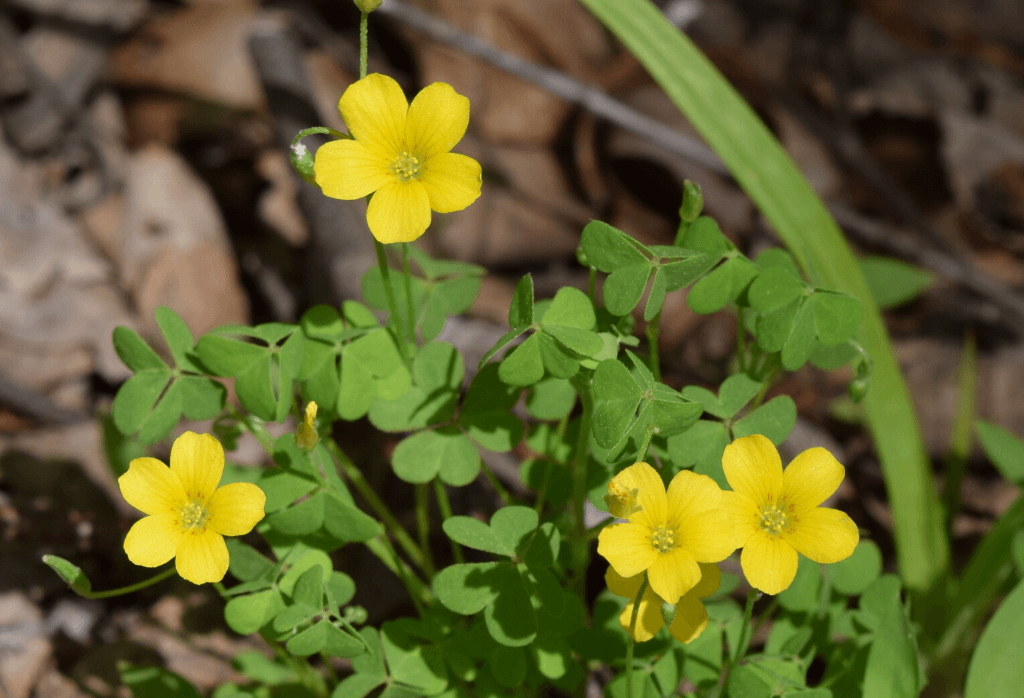



Weed Wednesday Yellow Woodsorrel Experigreen




The Foraged Foodie Identifying And Foraging Common Wood Sorrel A Common Edible Weed Often Mistaken For Clover Or Shamrock Perfect For Beginners
コメント
コメントを投稿